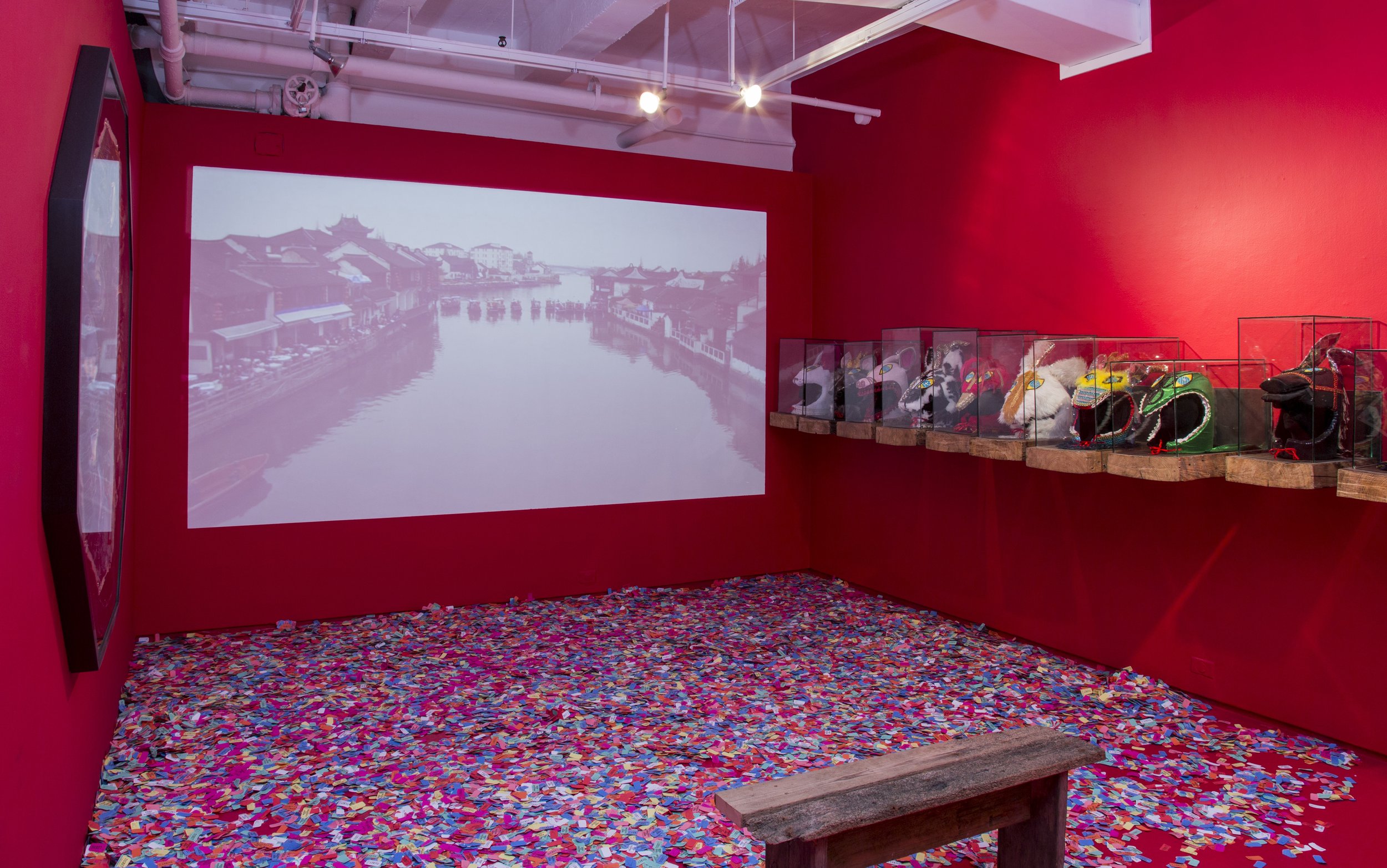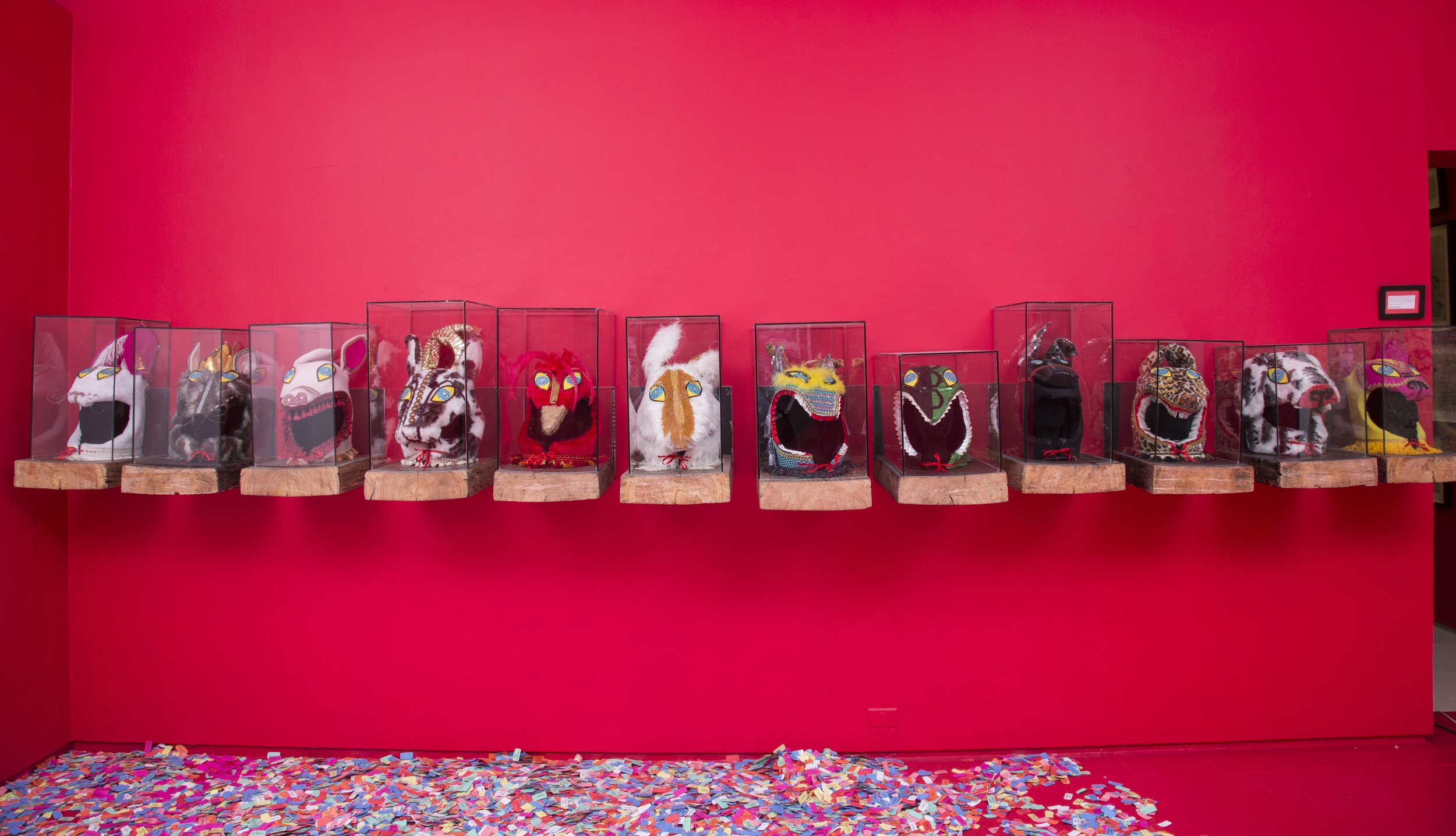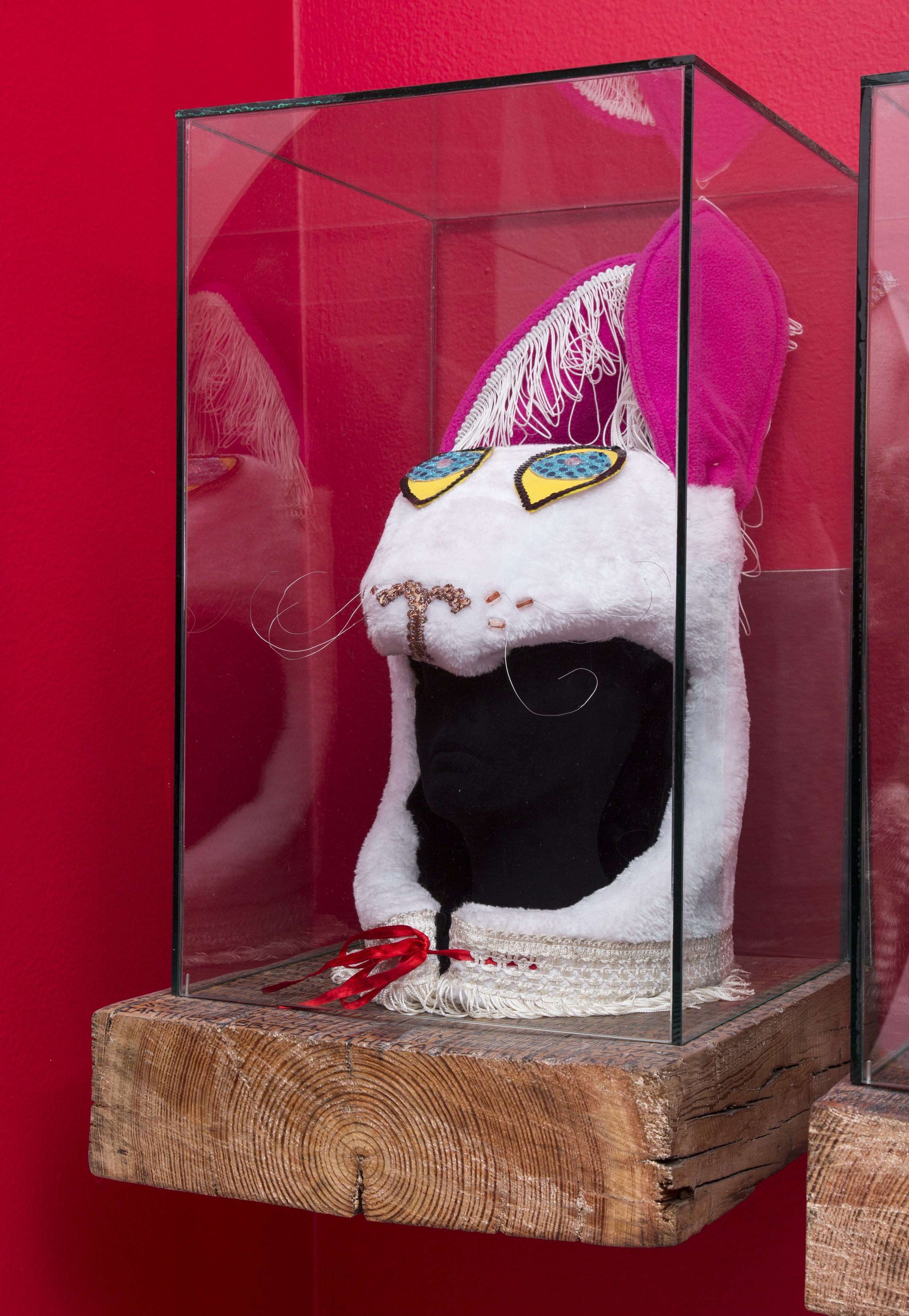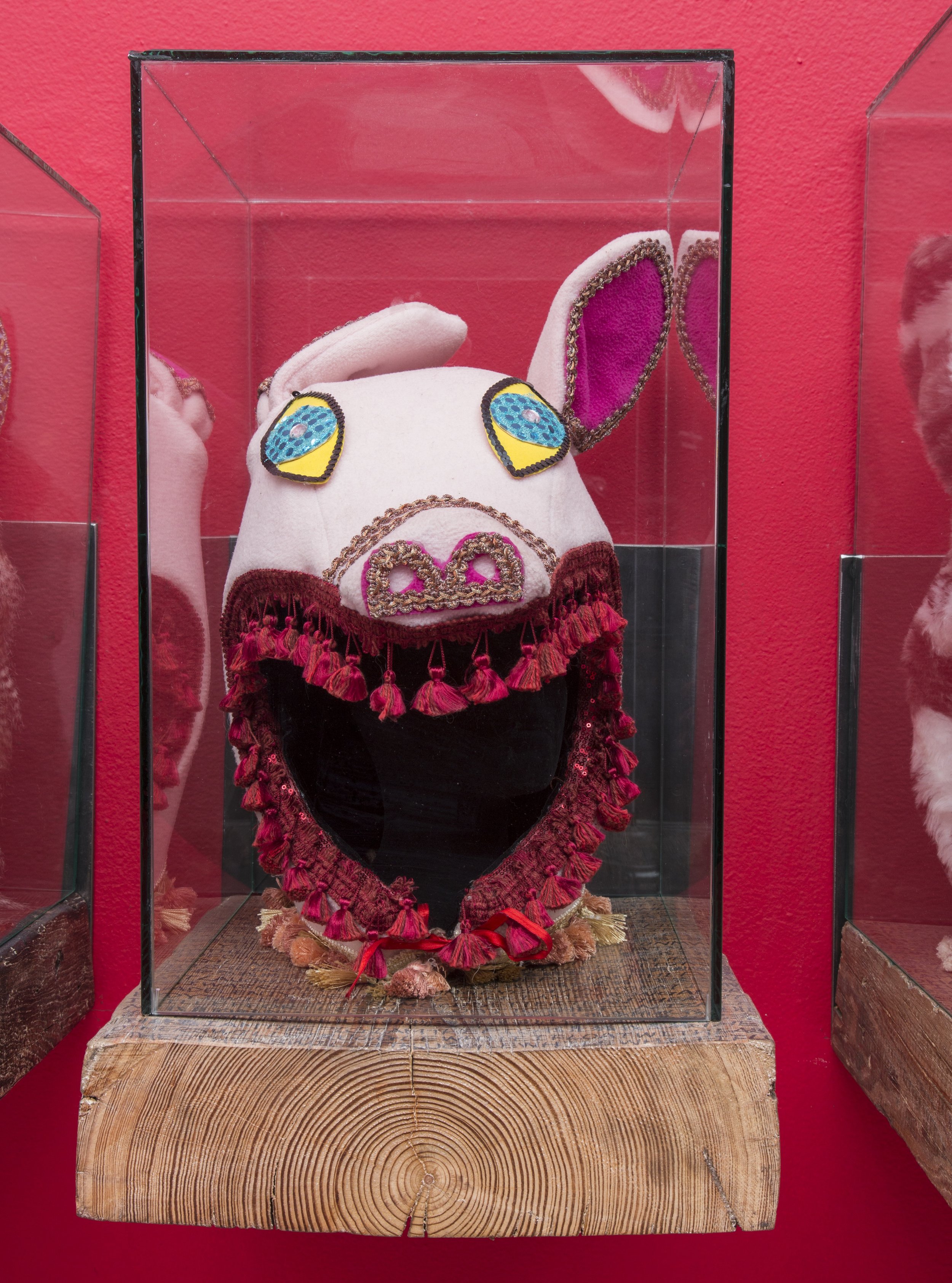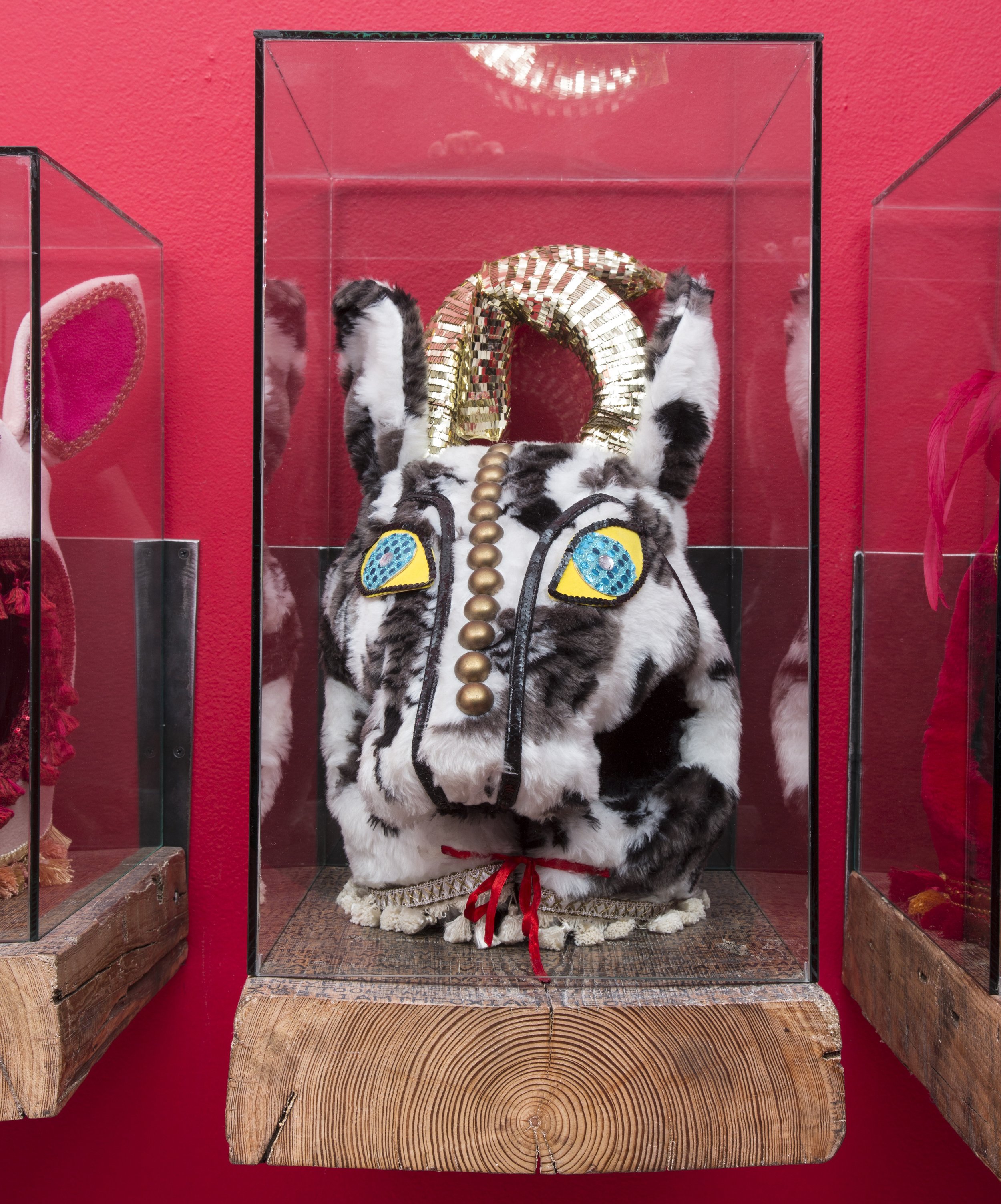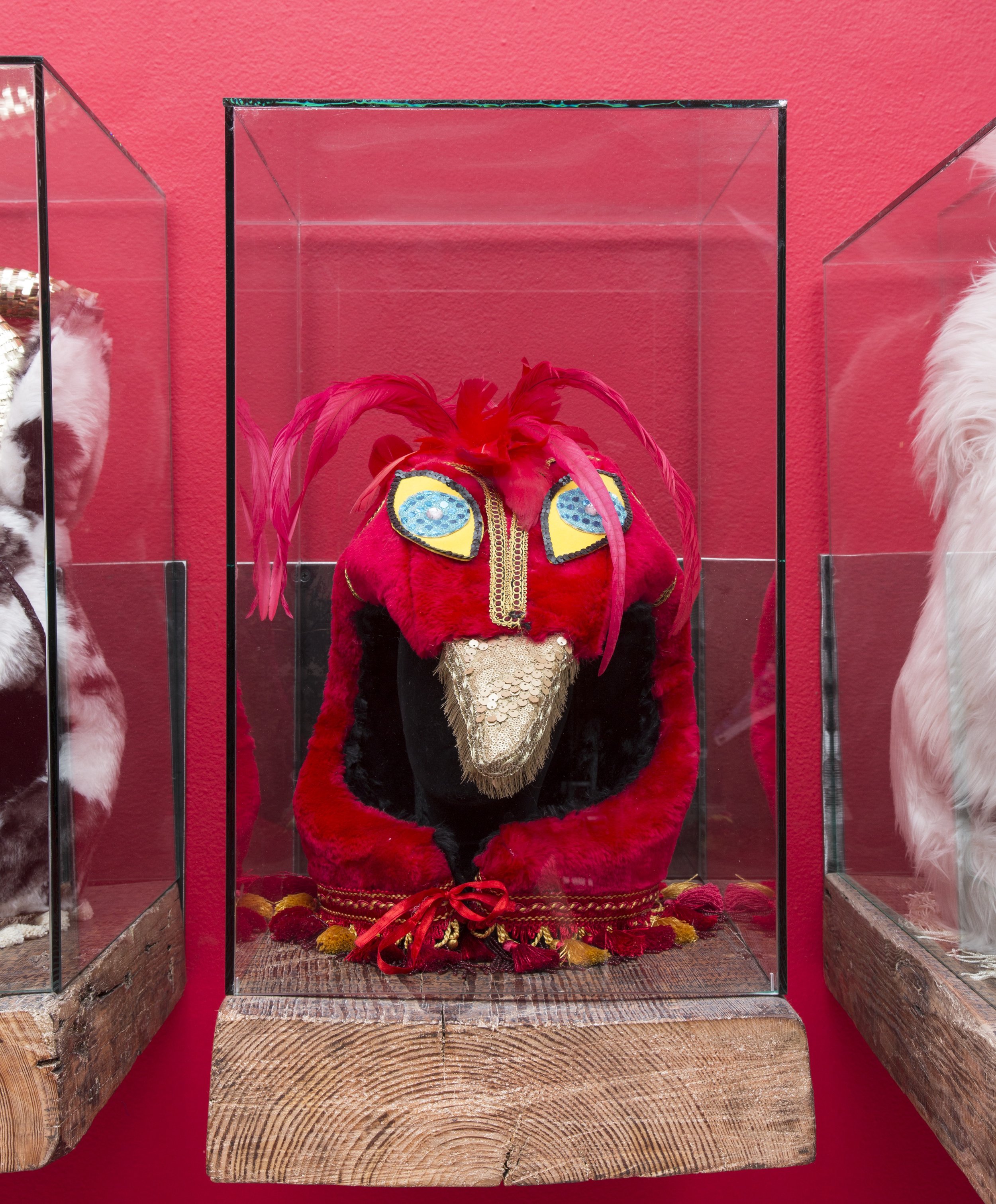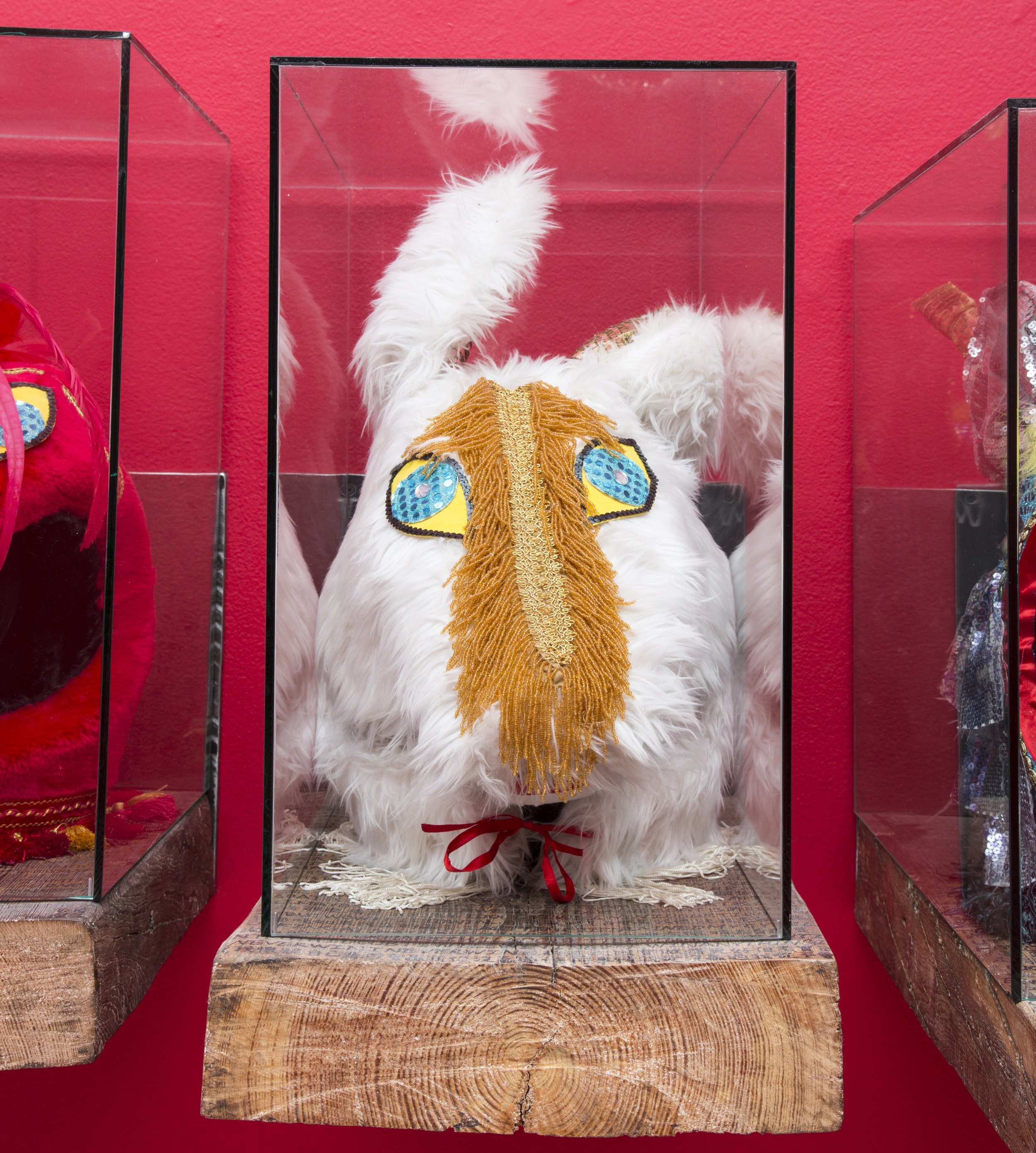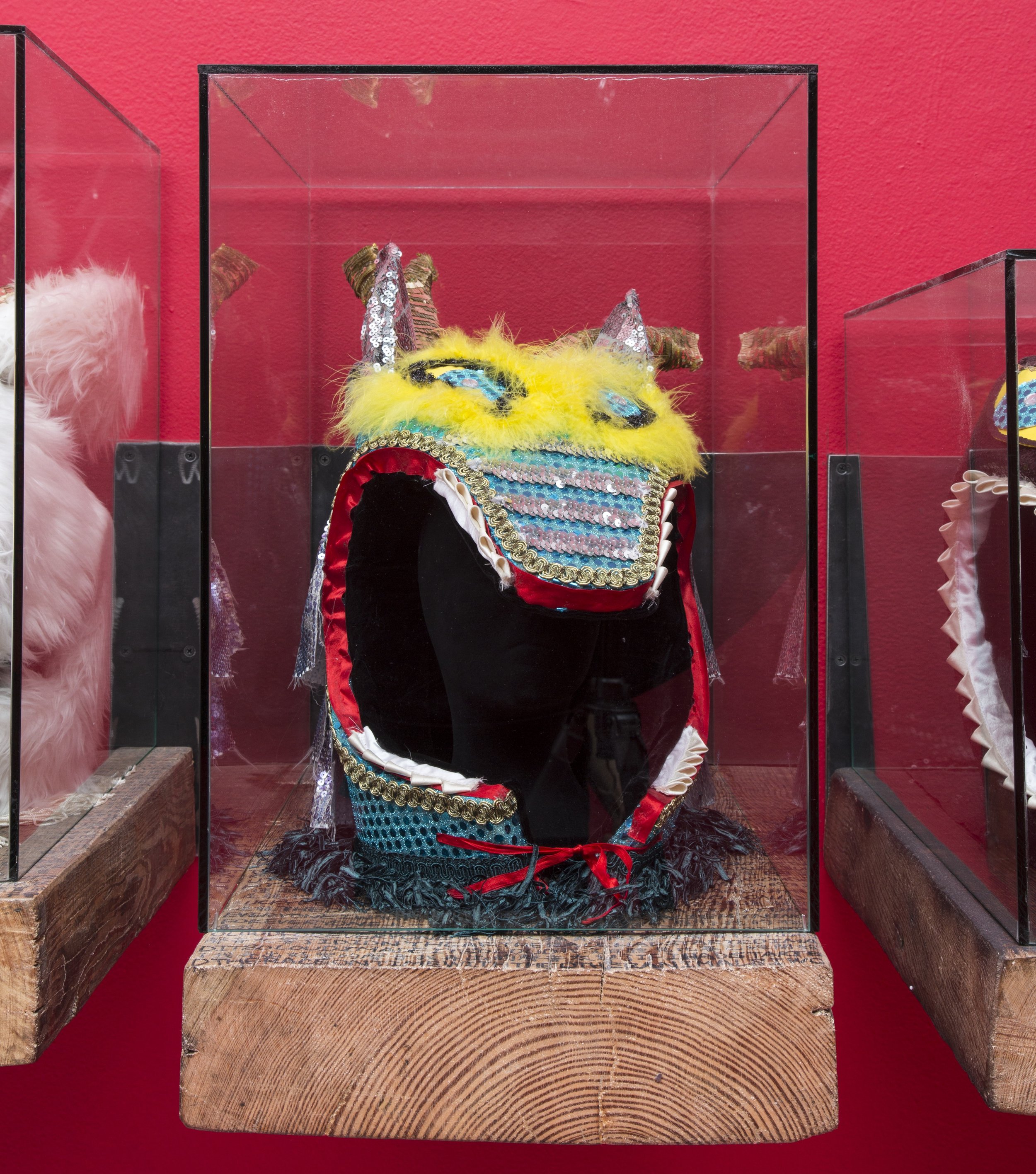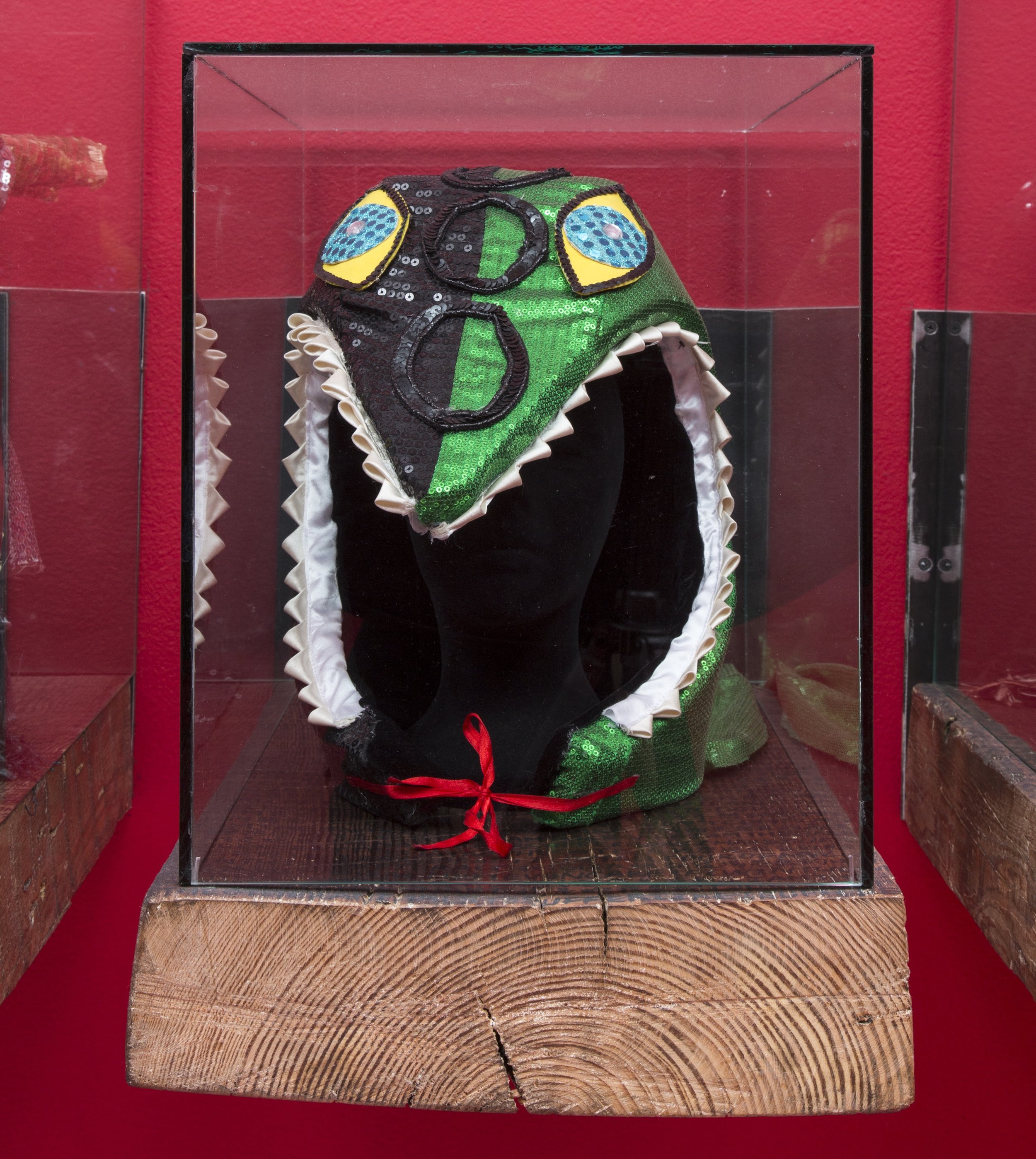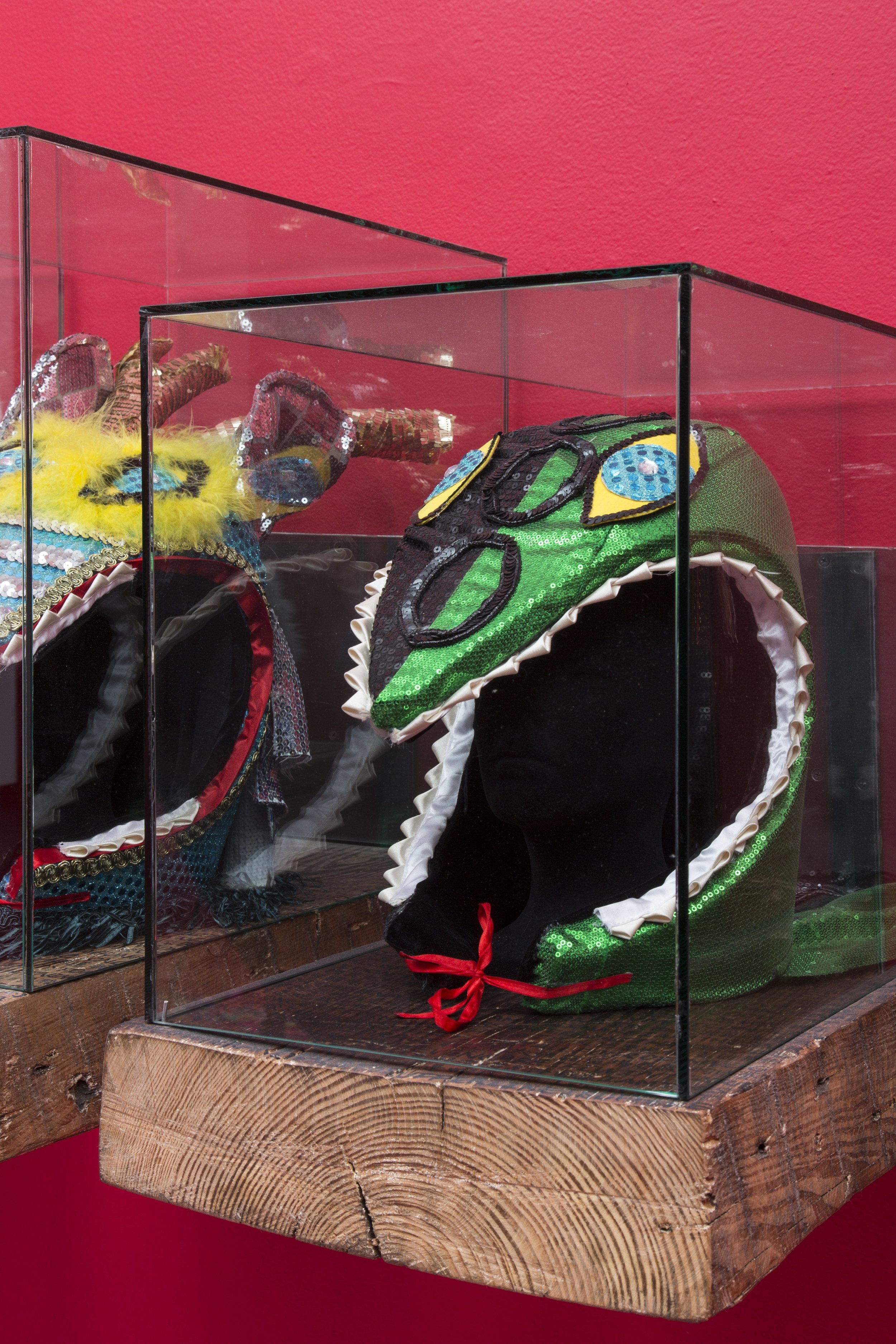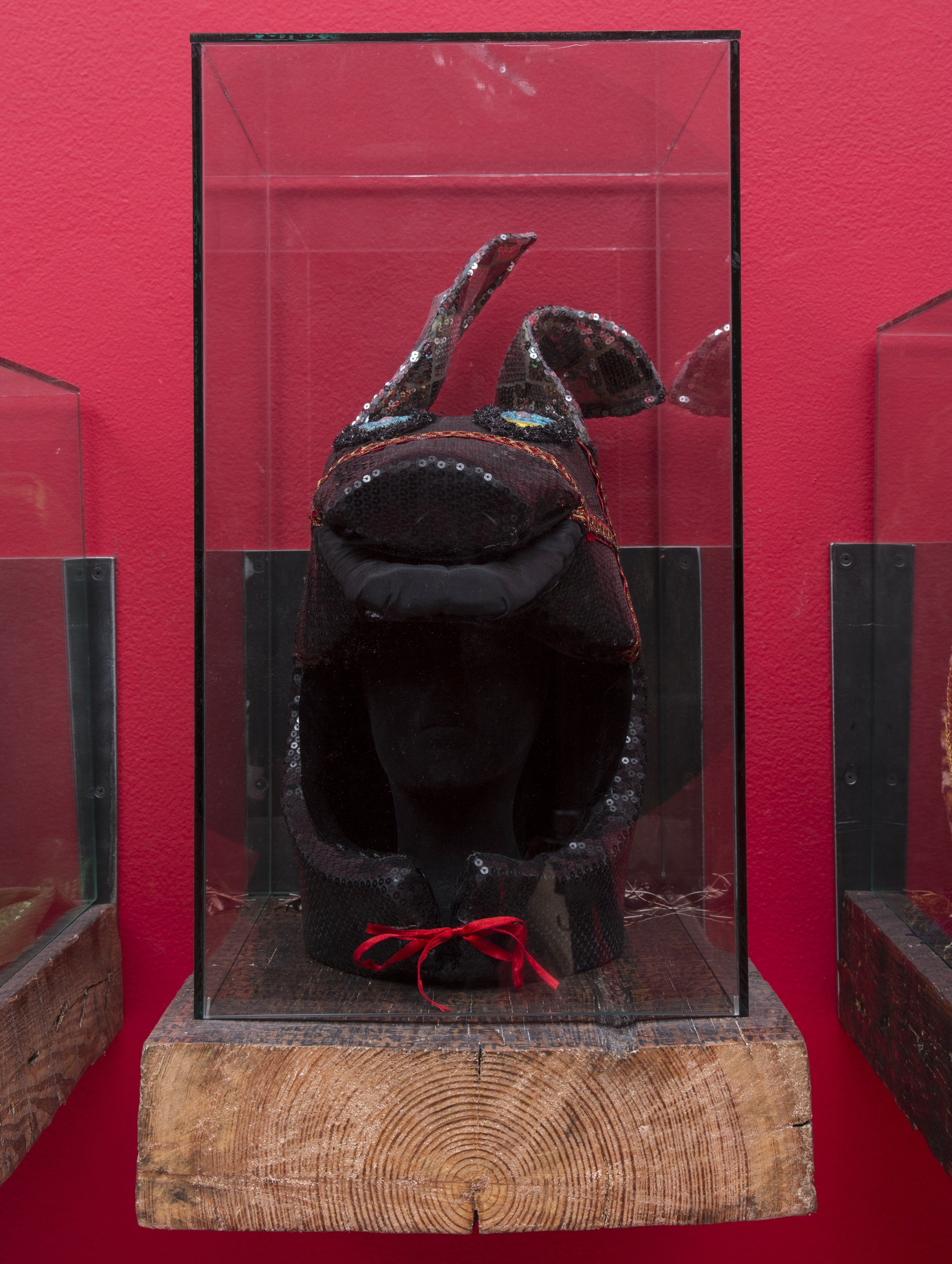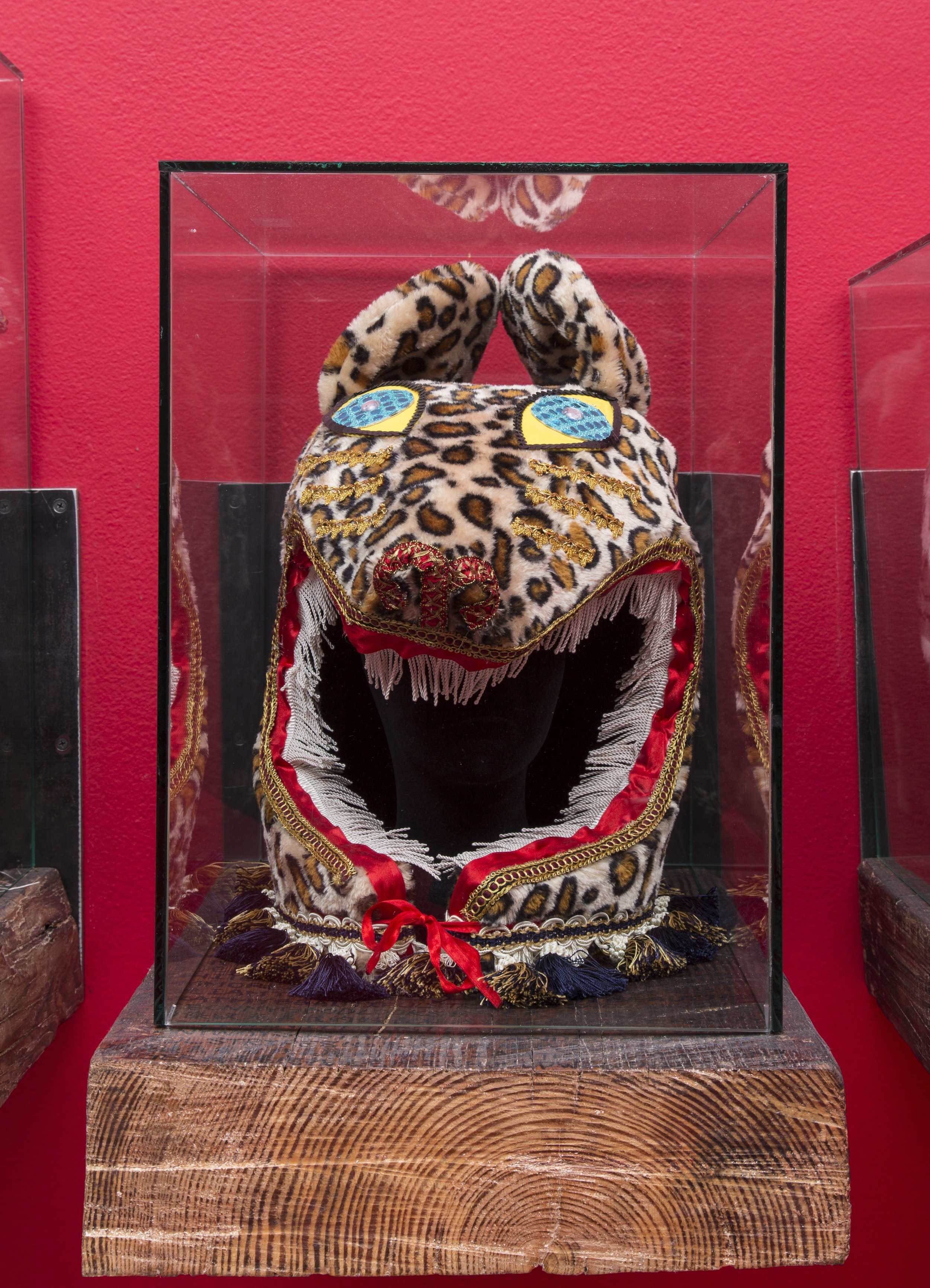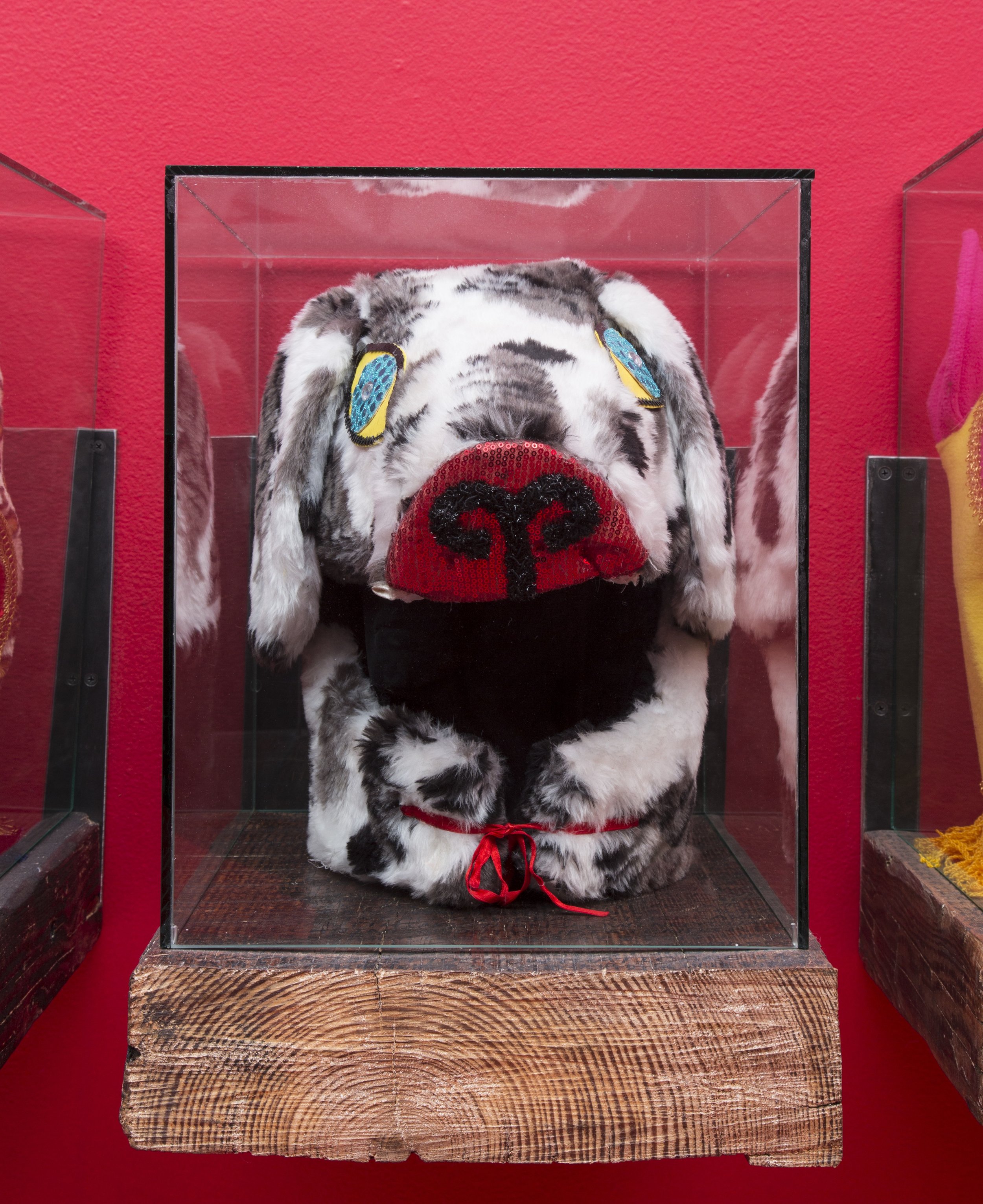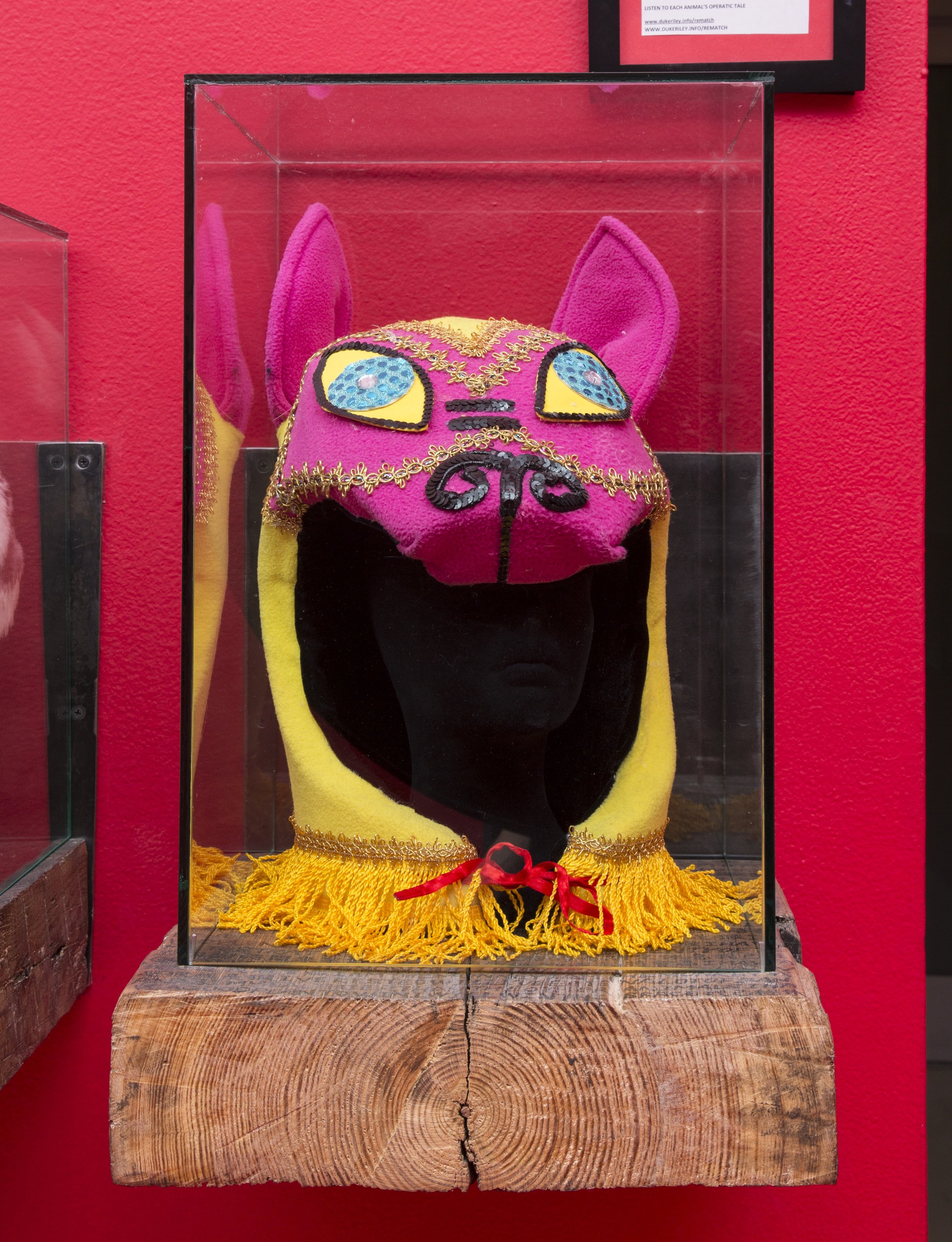See You at the Finish Line
PRESENTED BY MAGNAN METZ GALLERY
NOVEMBER 1 — JANUARY 25, 2014
Since the late 5th millennium BC, maritime passage has been instrumental in the development of civilization, facilitating greater mobility, opportunities for trade, transport, protection, competition and warfare. In the spirit of this history and its impact on community, country and legend, Duke Riley realized two ambitious projects.
Trading With the Enemy
Four years of planning and eight months of breeding and homing pigeons was the beginning of this project addressing the political and historical aspect of illicit smuggling, rum running and the only nation against which the United States upholds the Trading with the Enemy Act. Up until the embargo regular crossings between Key West and its sister city Havana were commonplace and the ships Captains regularly kept homing pigeons to relay messages of safe arrival or distress.
Riley’s pigeon loft constructed out of reclaimed materials off the island of Key West will move into the gallery along with some of the pigeons that “successfully completed the mission.” Harnesses worn by the birds were either “smugglers” carrying contraband and named after historical smugglers, or “filmmakers” wearing customized cameras, named after filmmakers who have had brushes with the law. Paintings, mosaic, drawings and footage of flight will be on view.
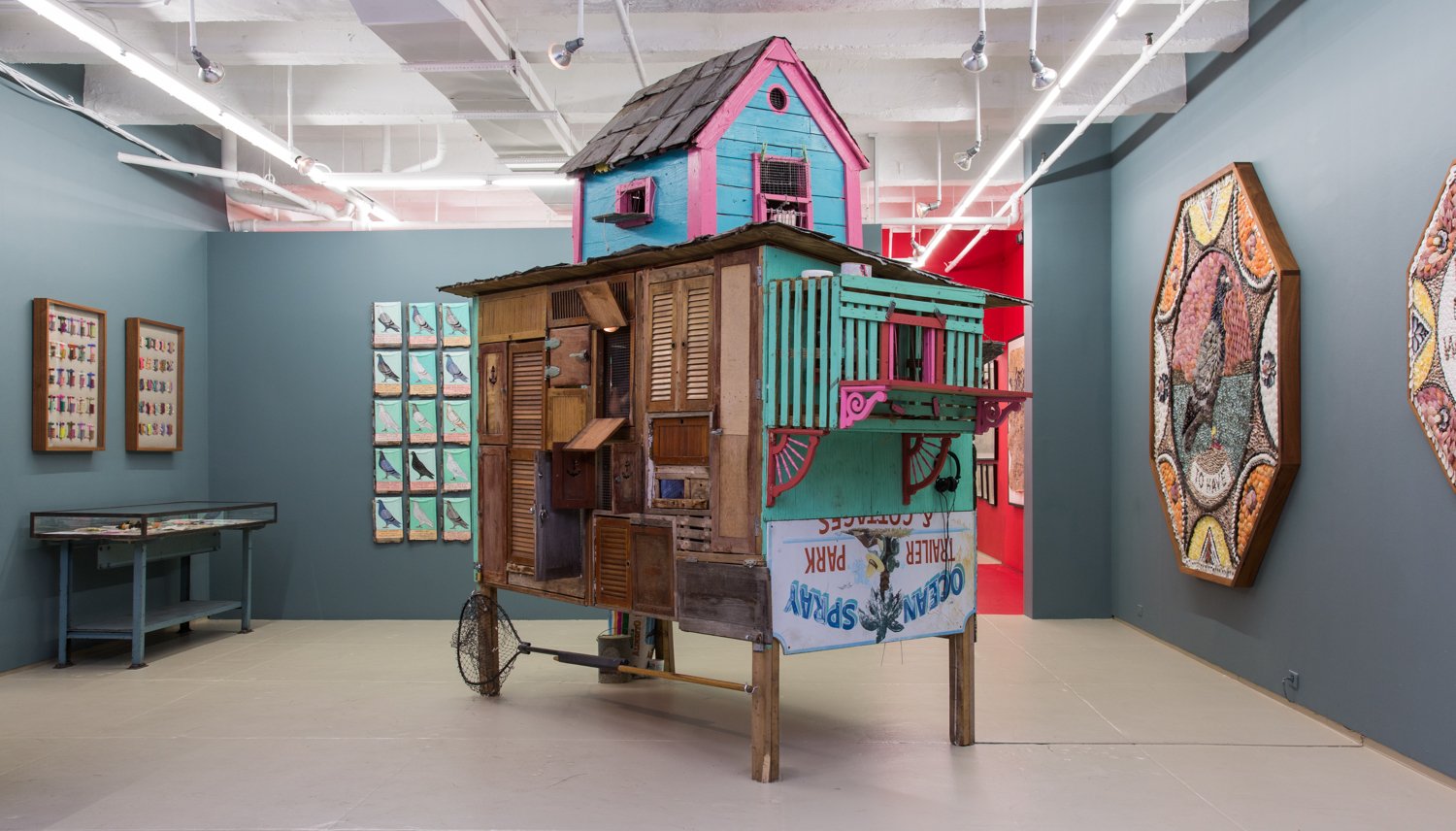

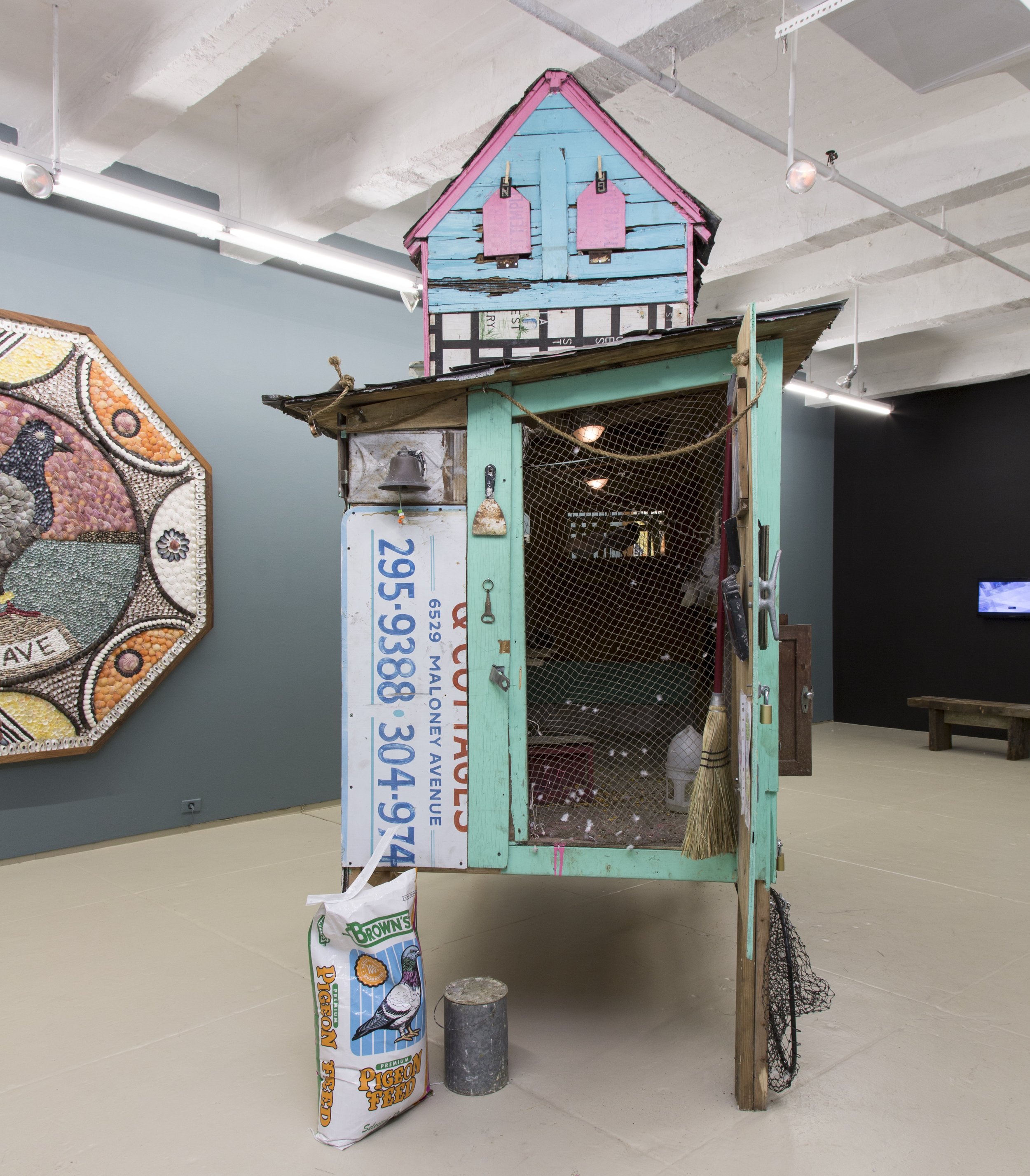
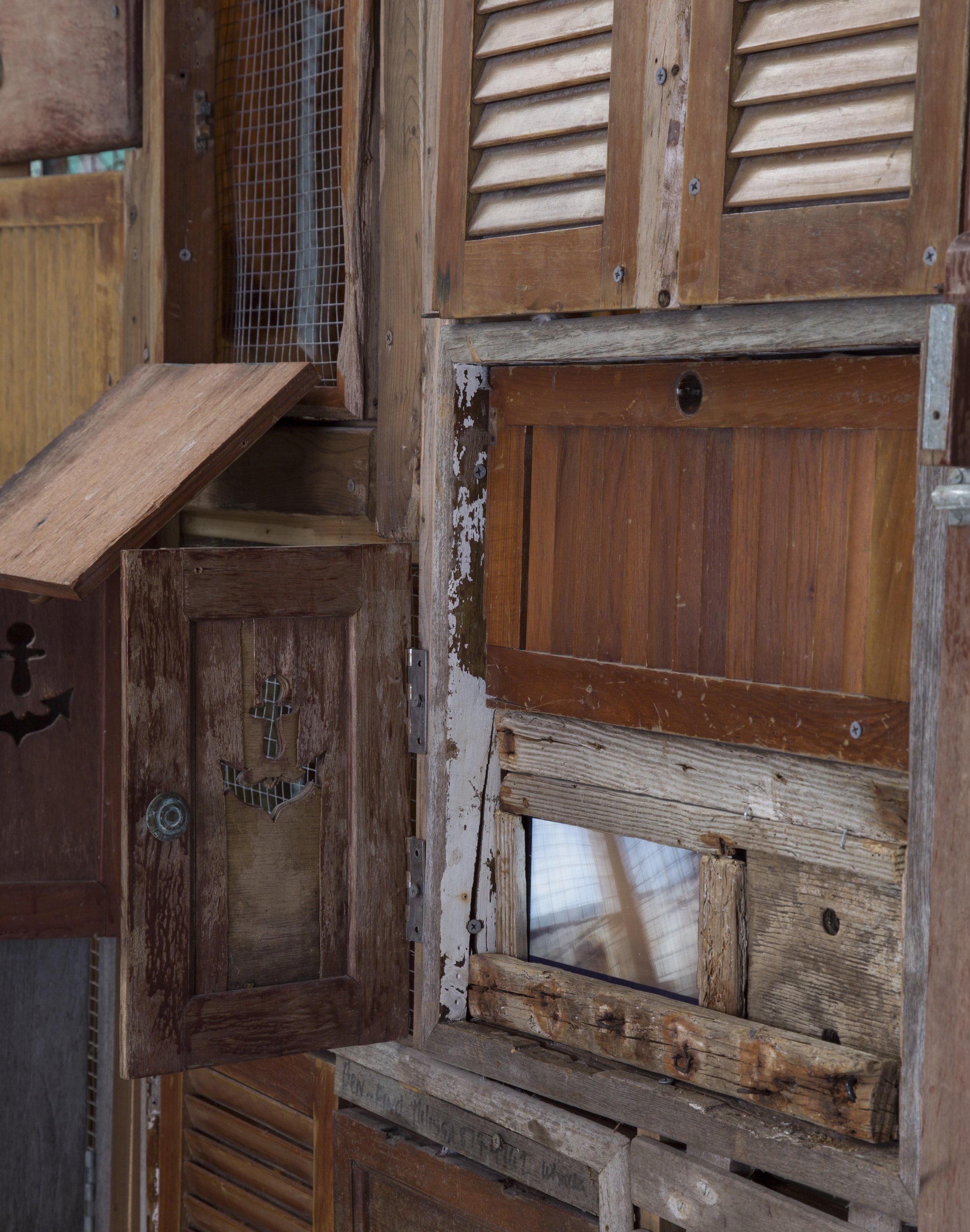
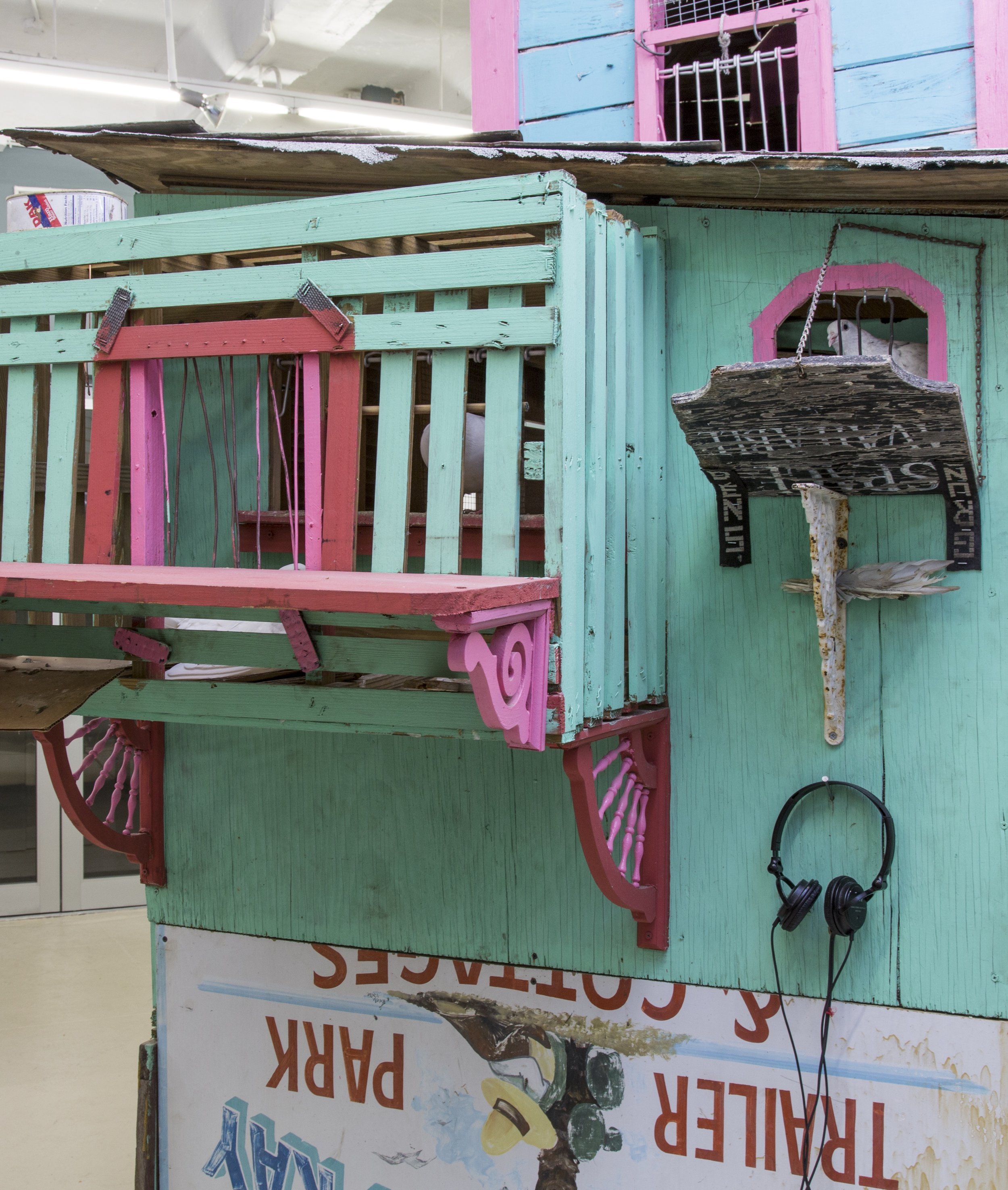

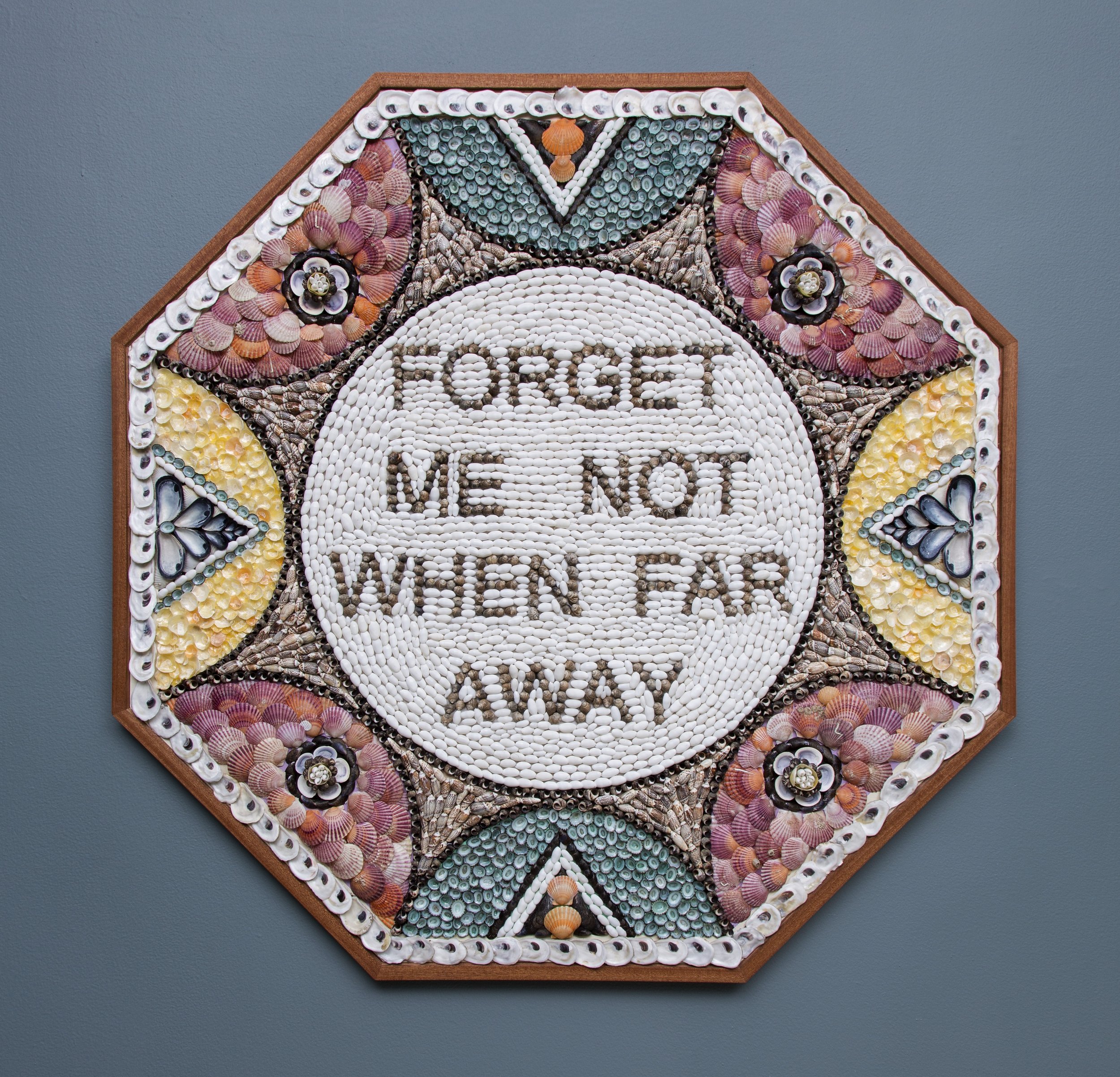
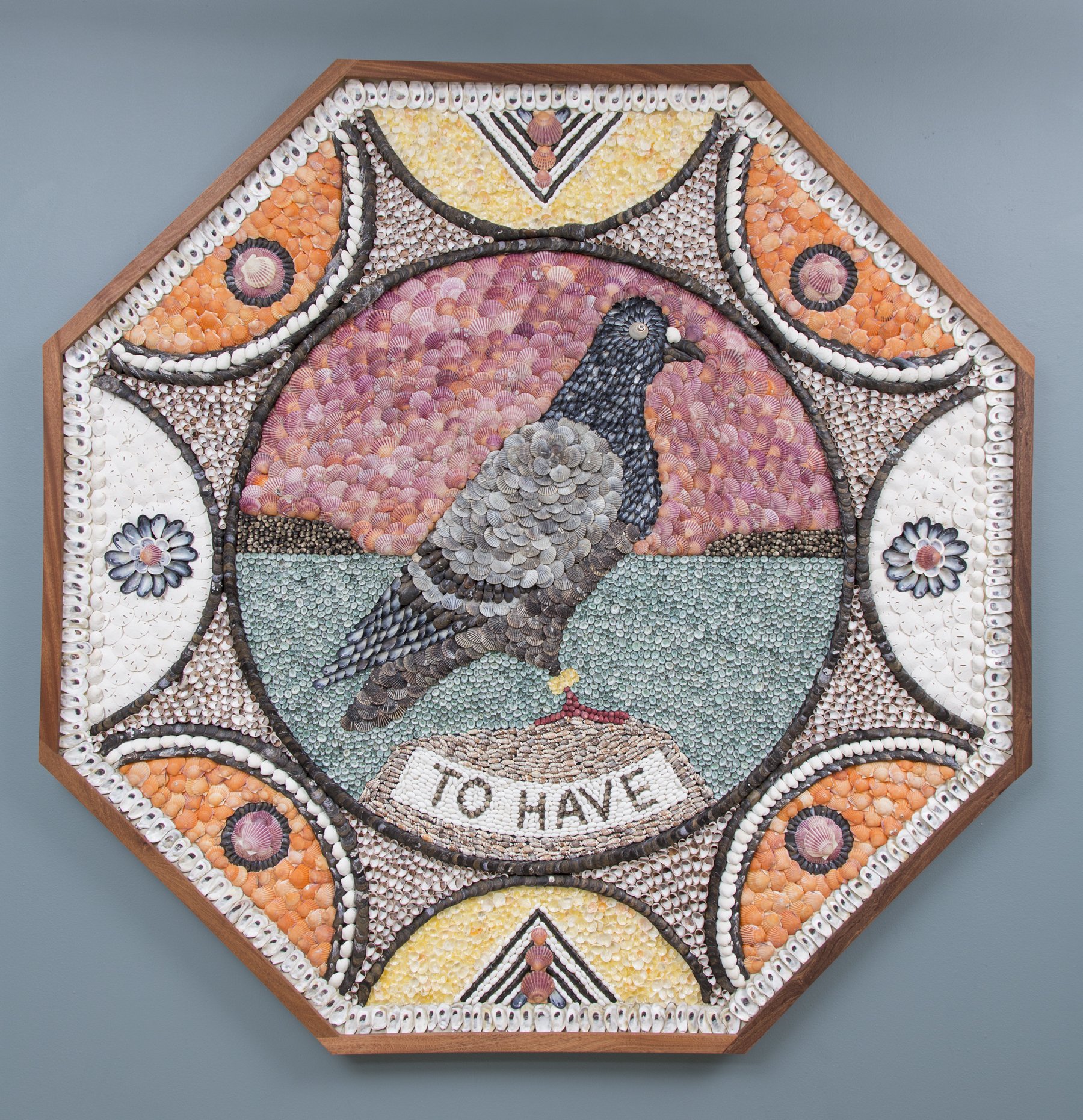
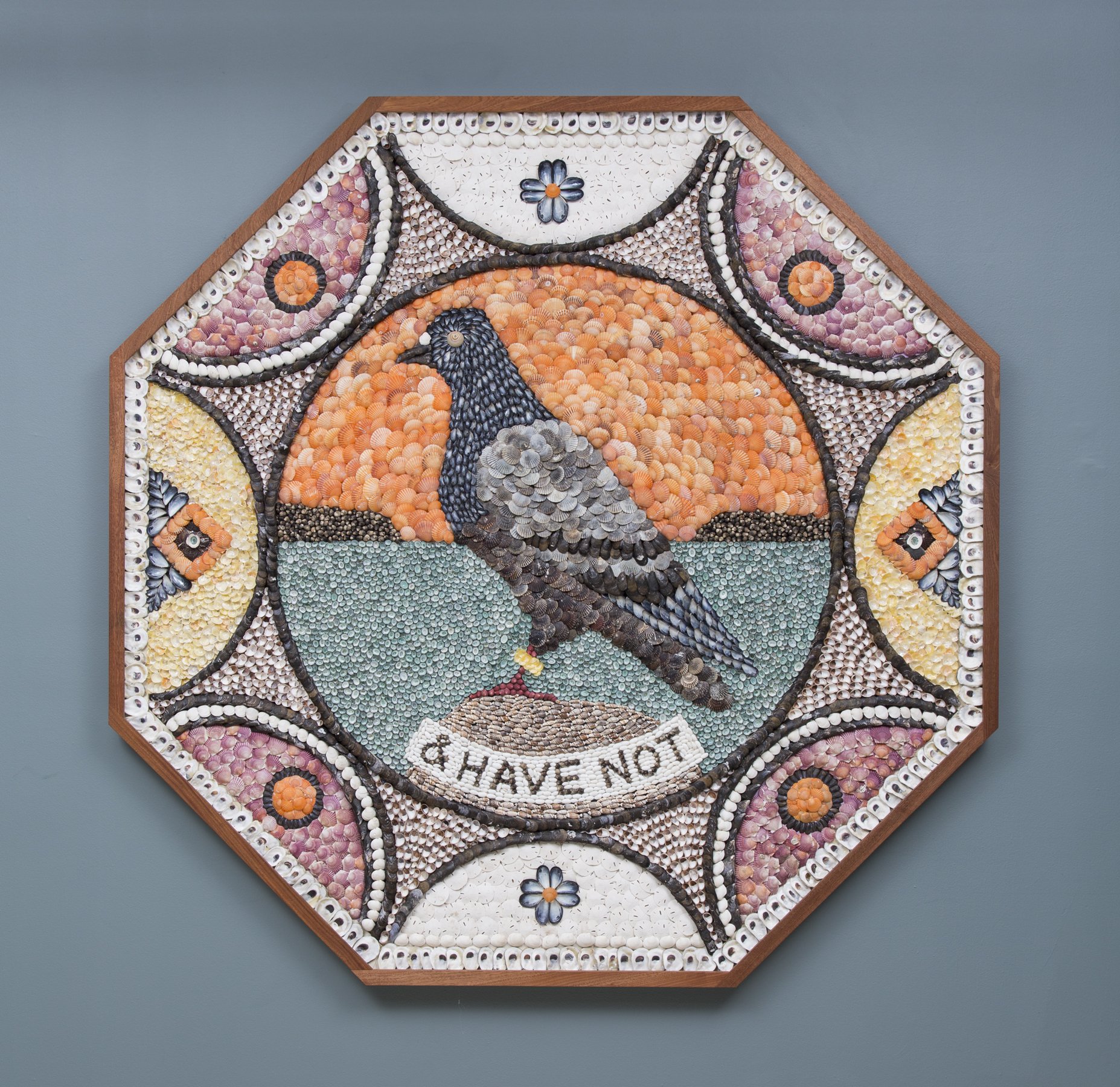
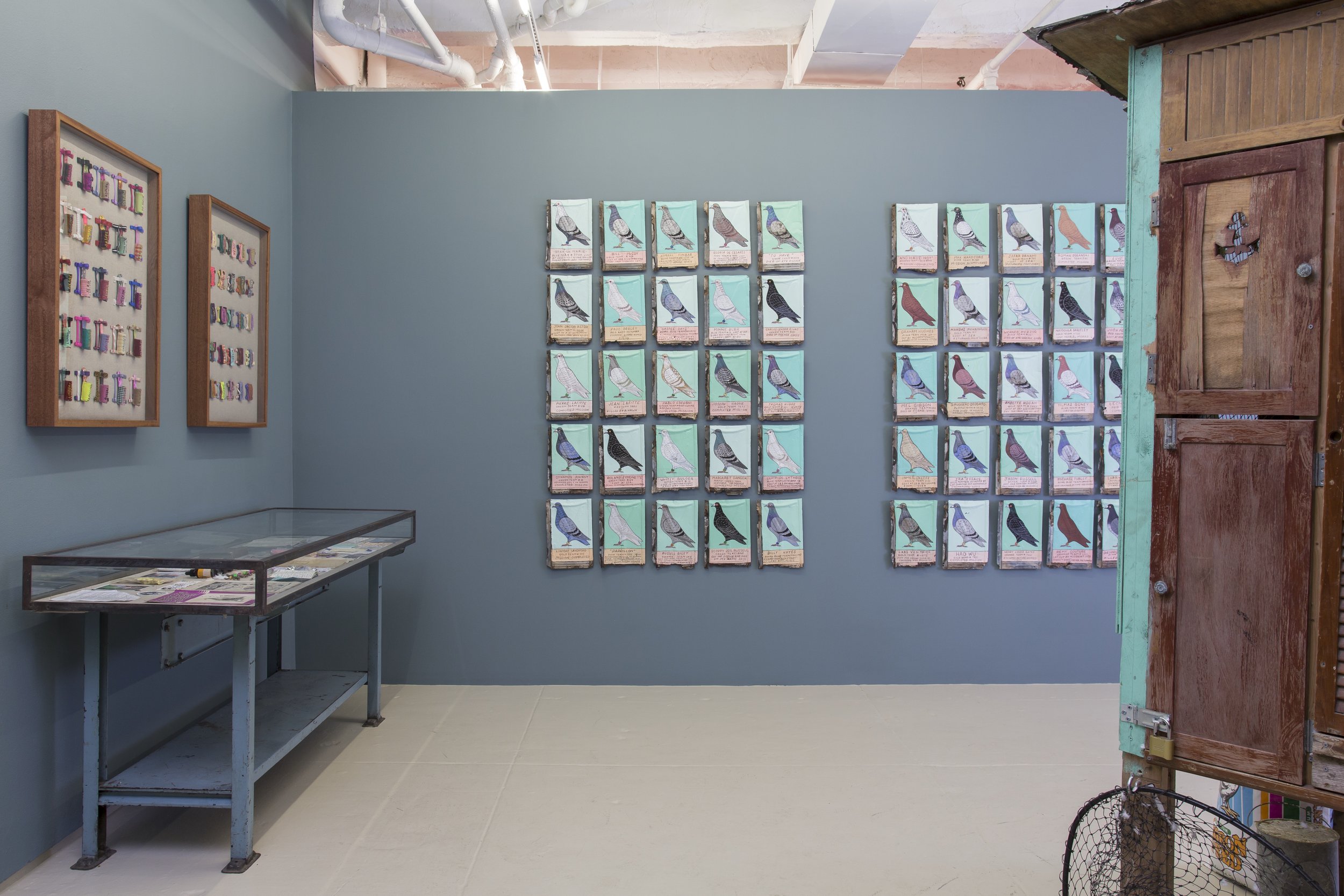
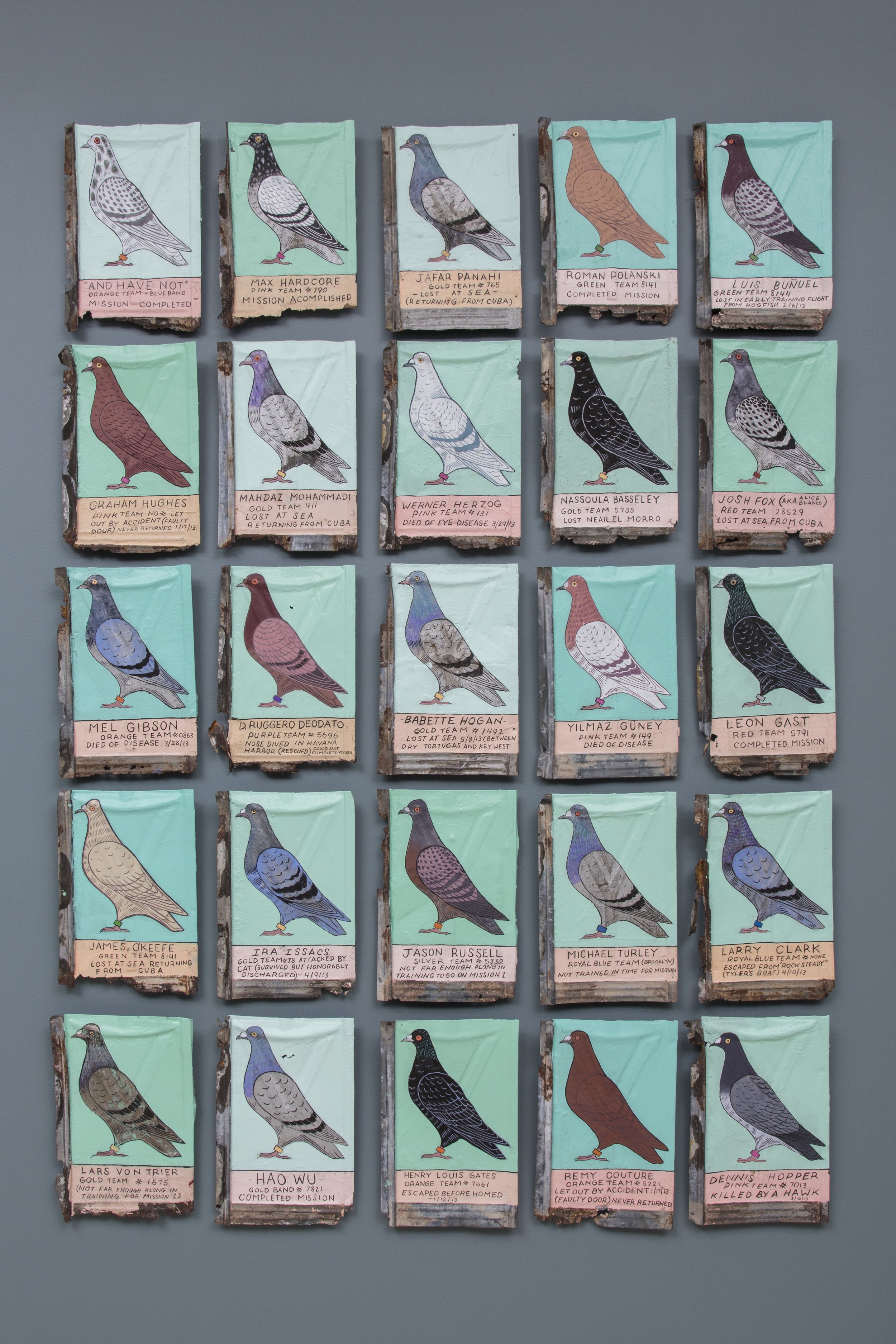
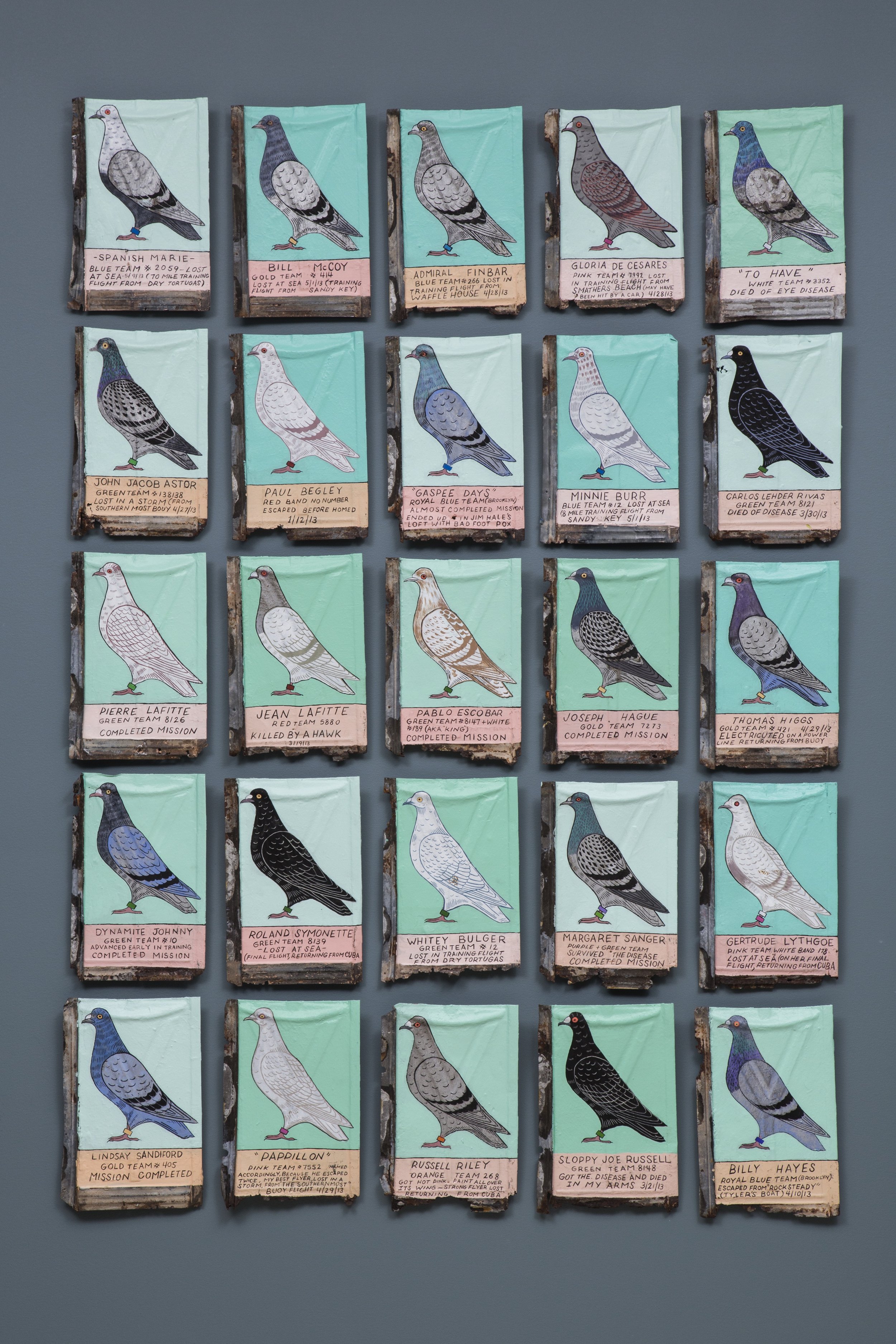
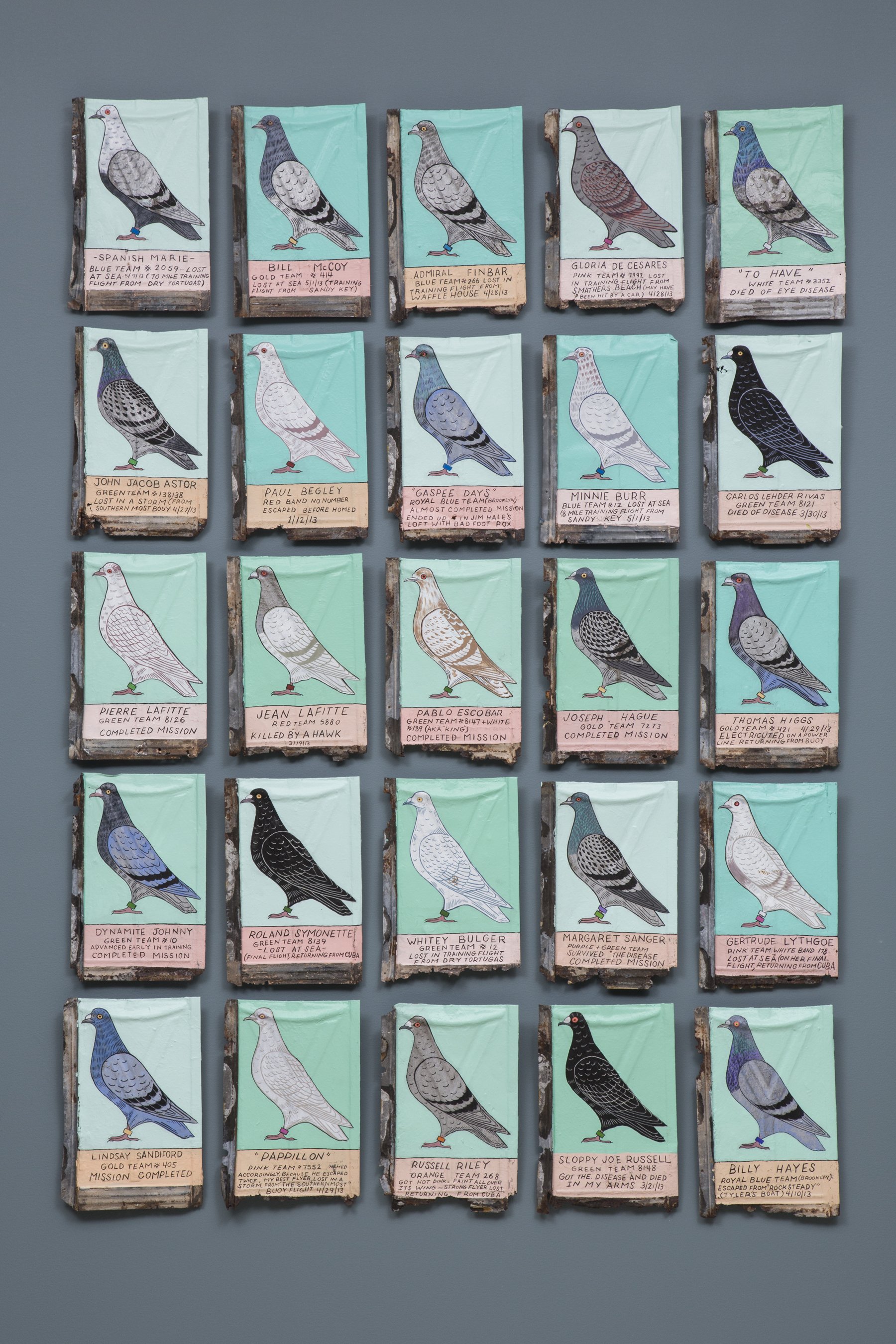
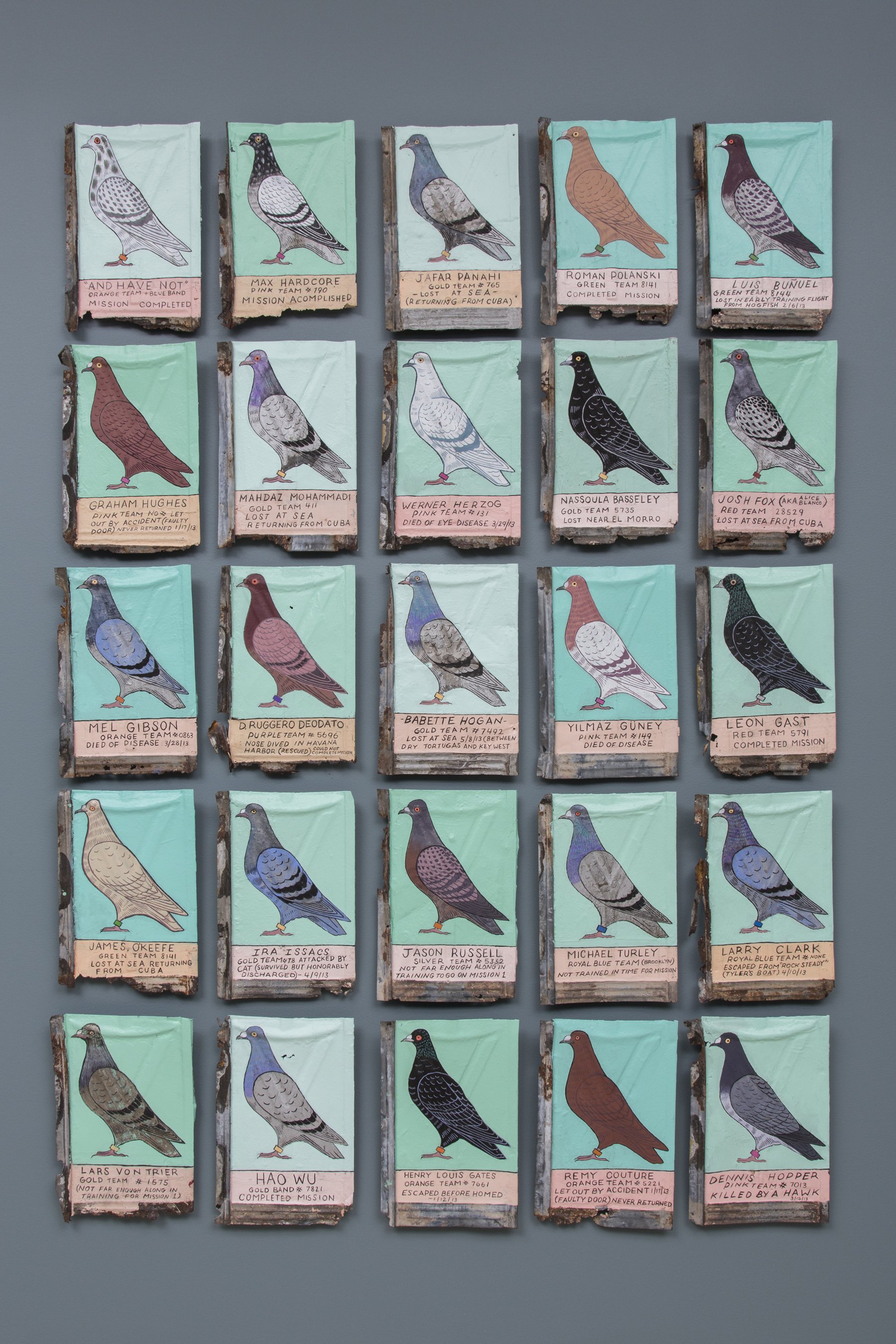
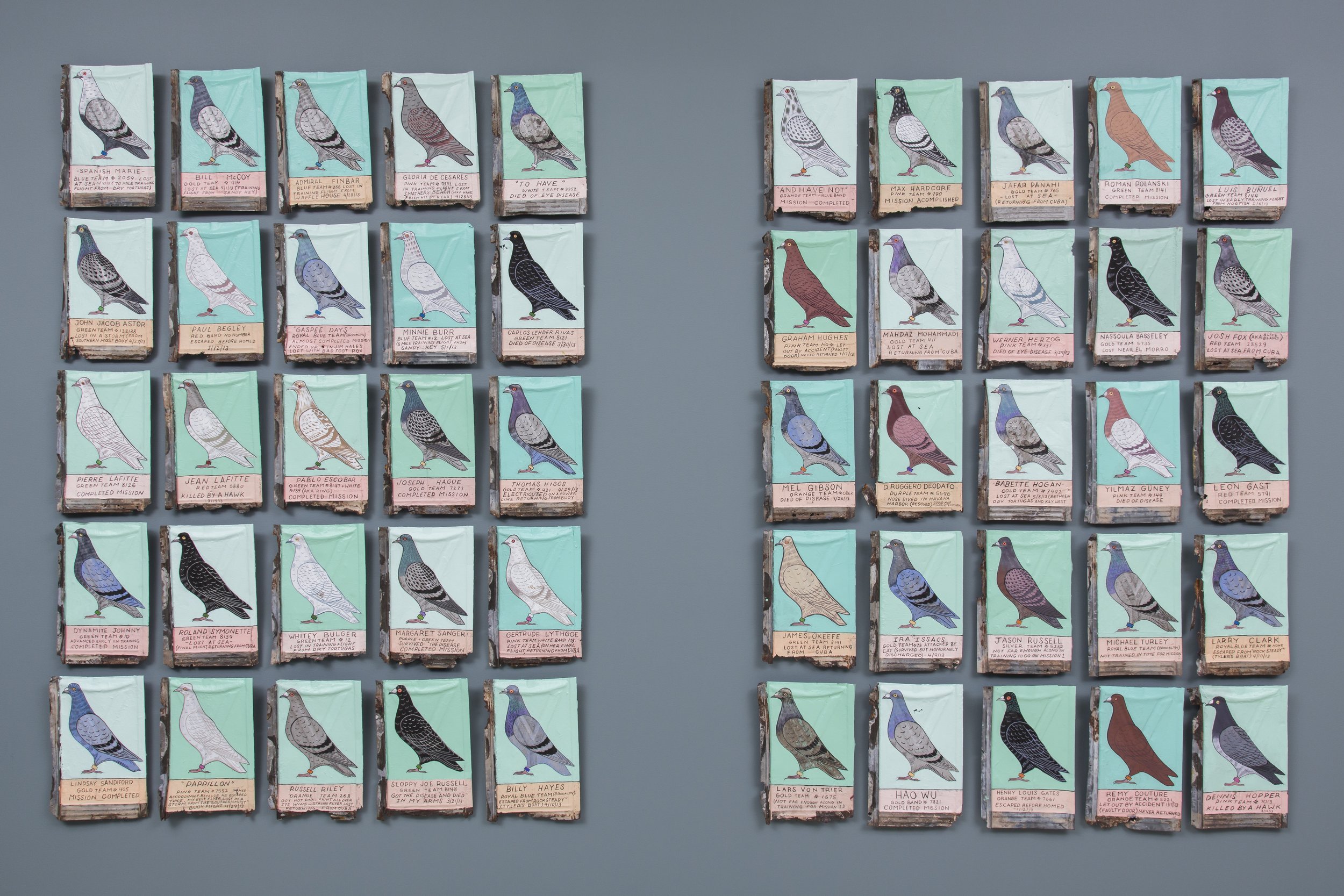
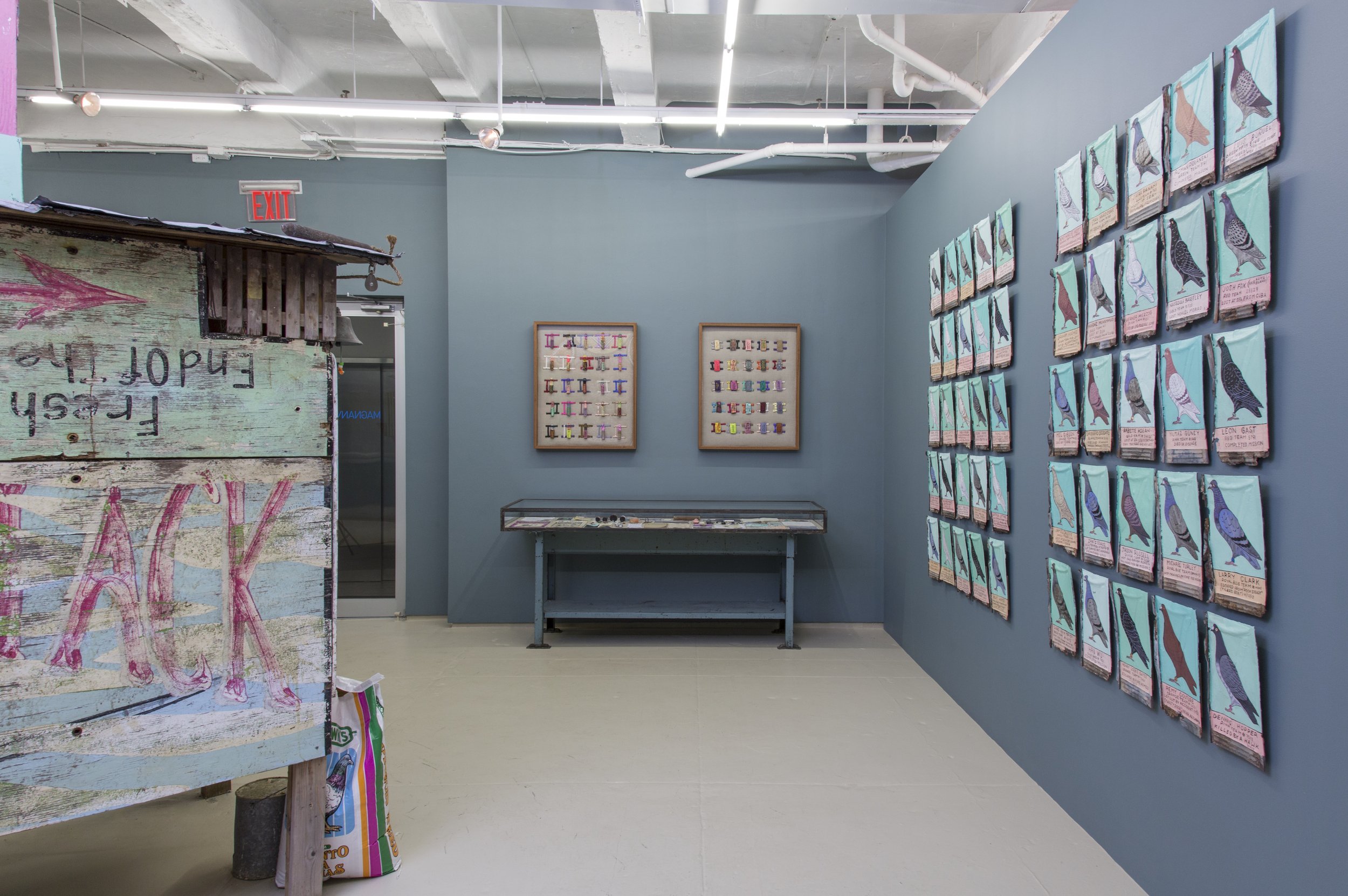
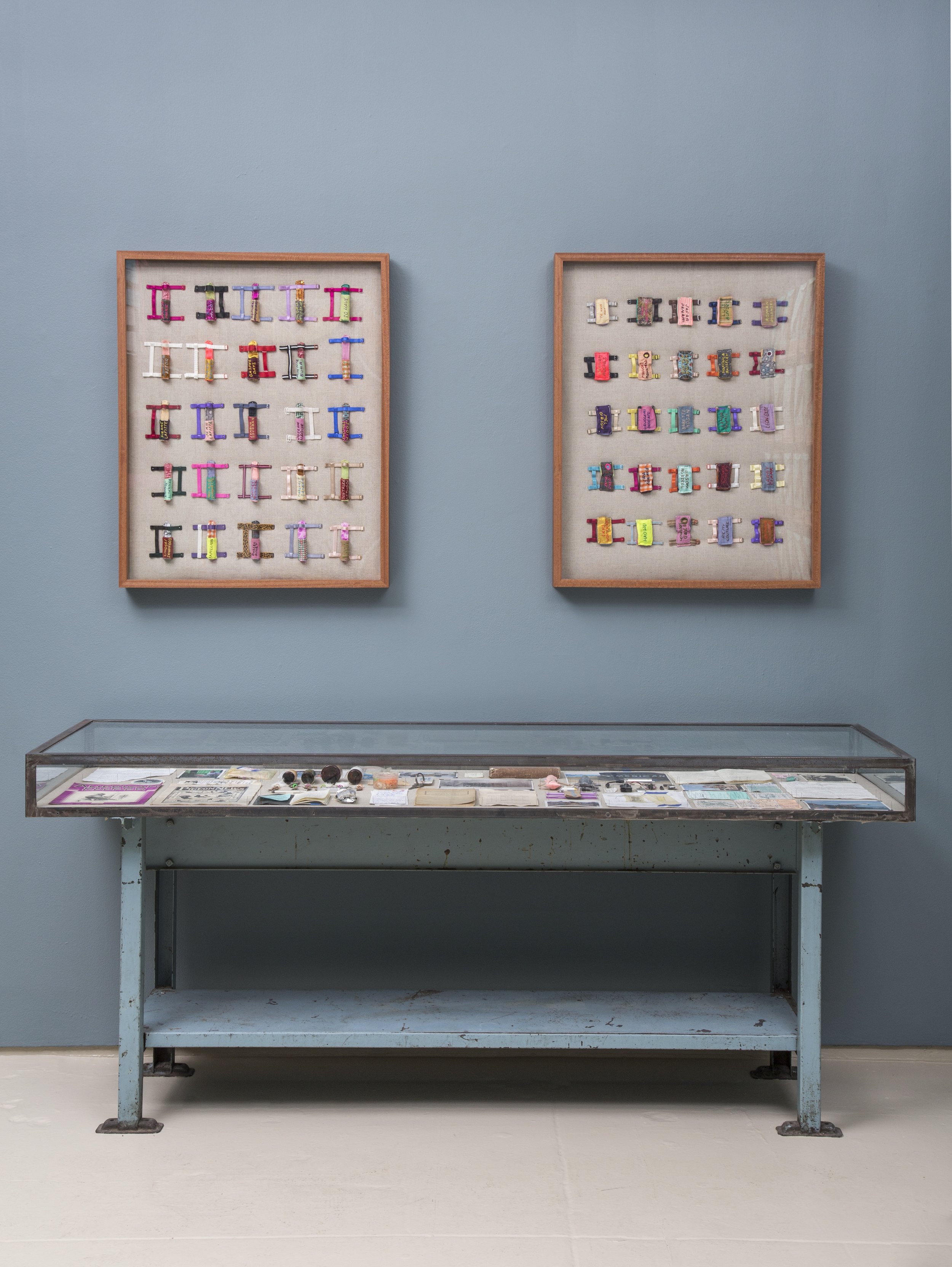
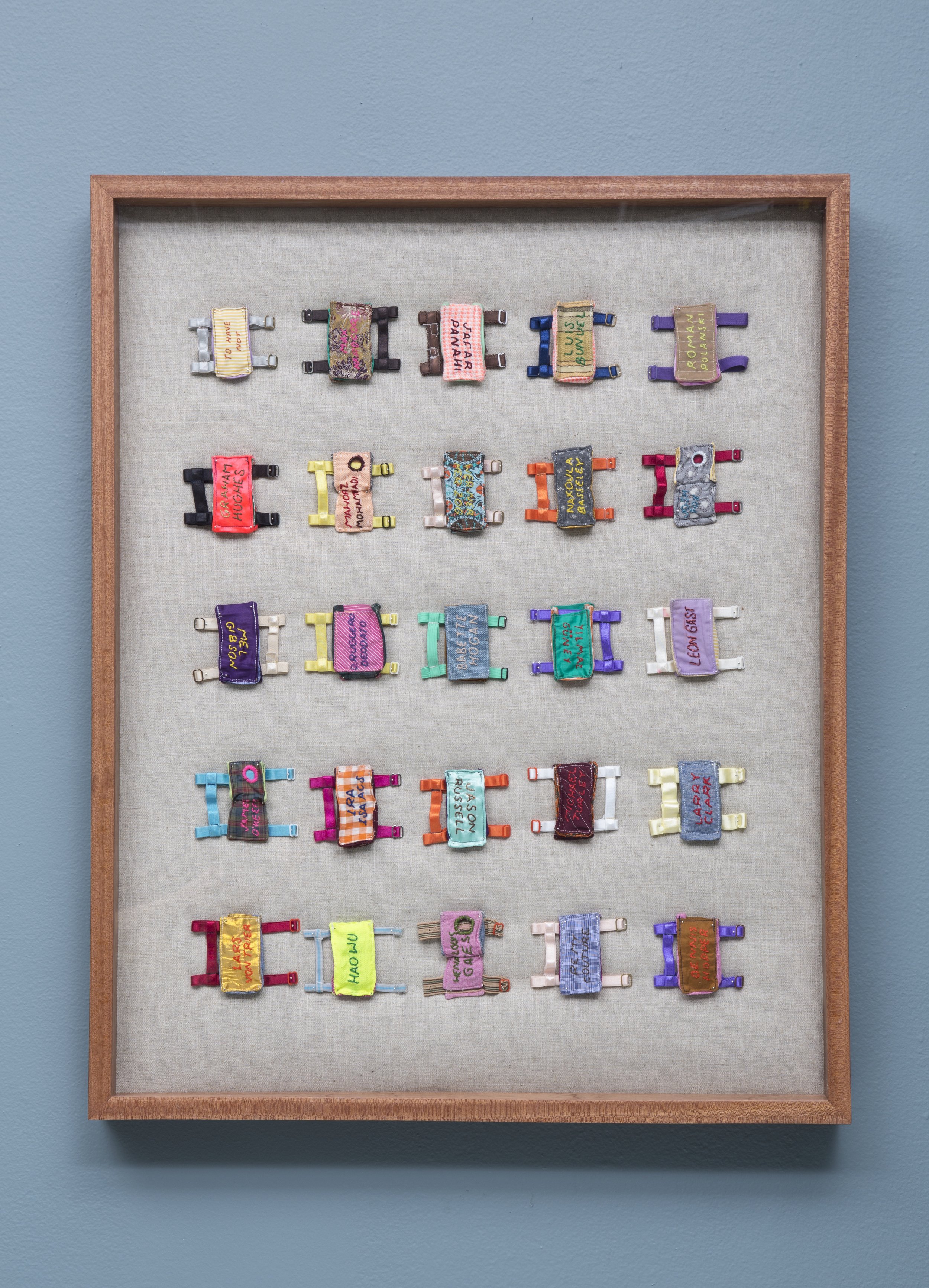
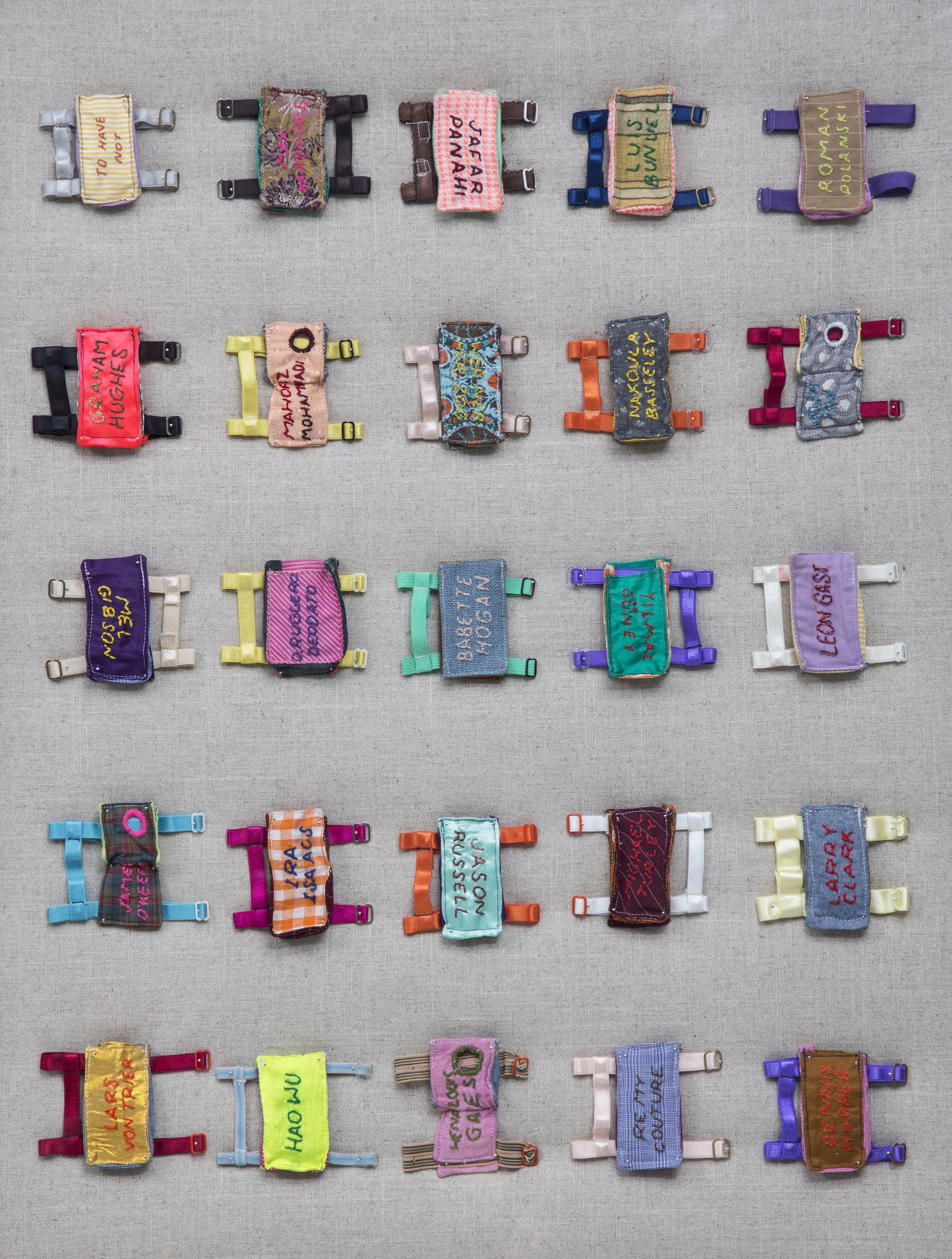
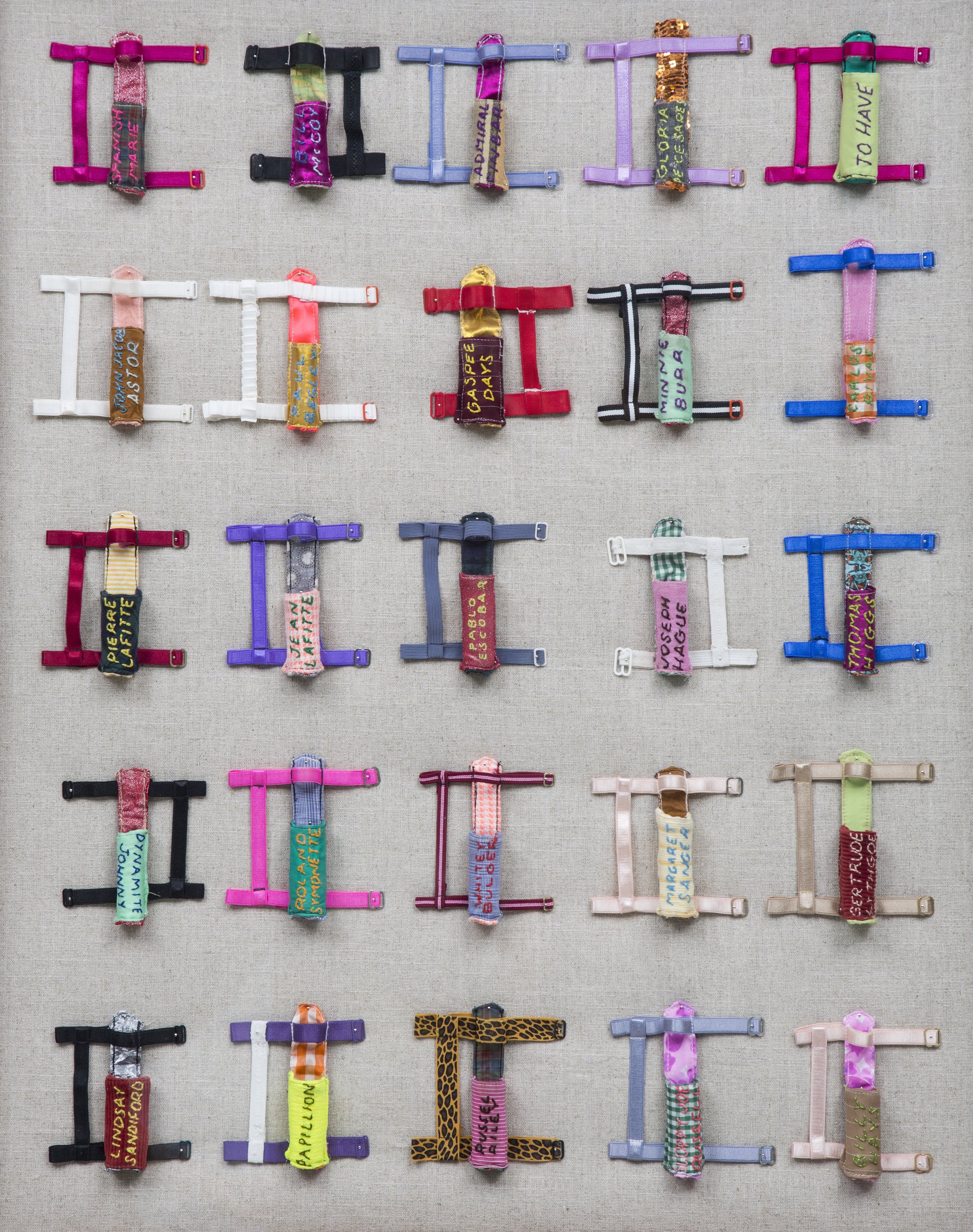
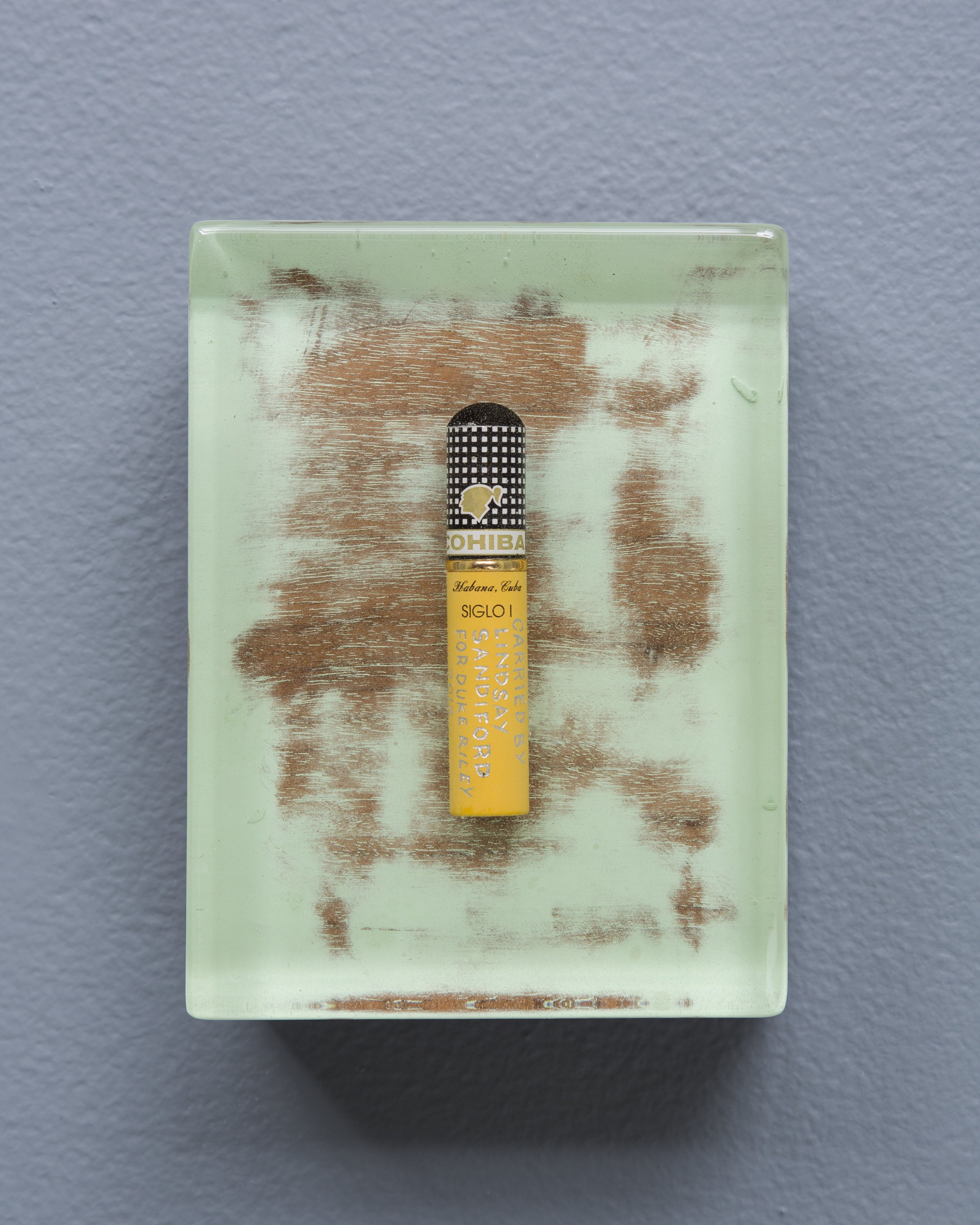
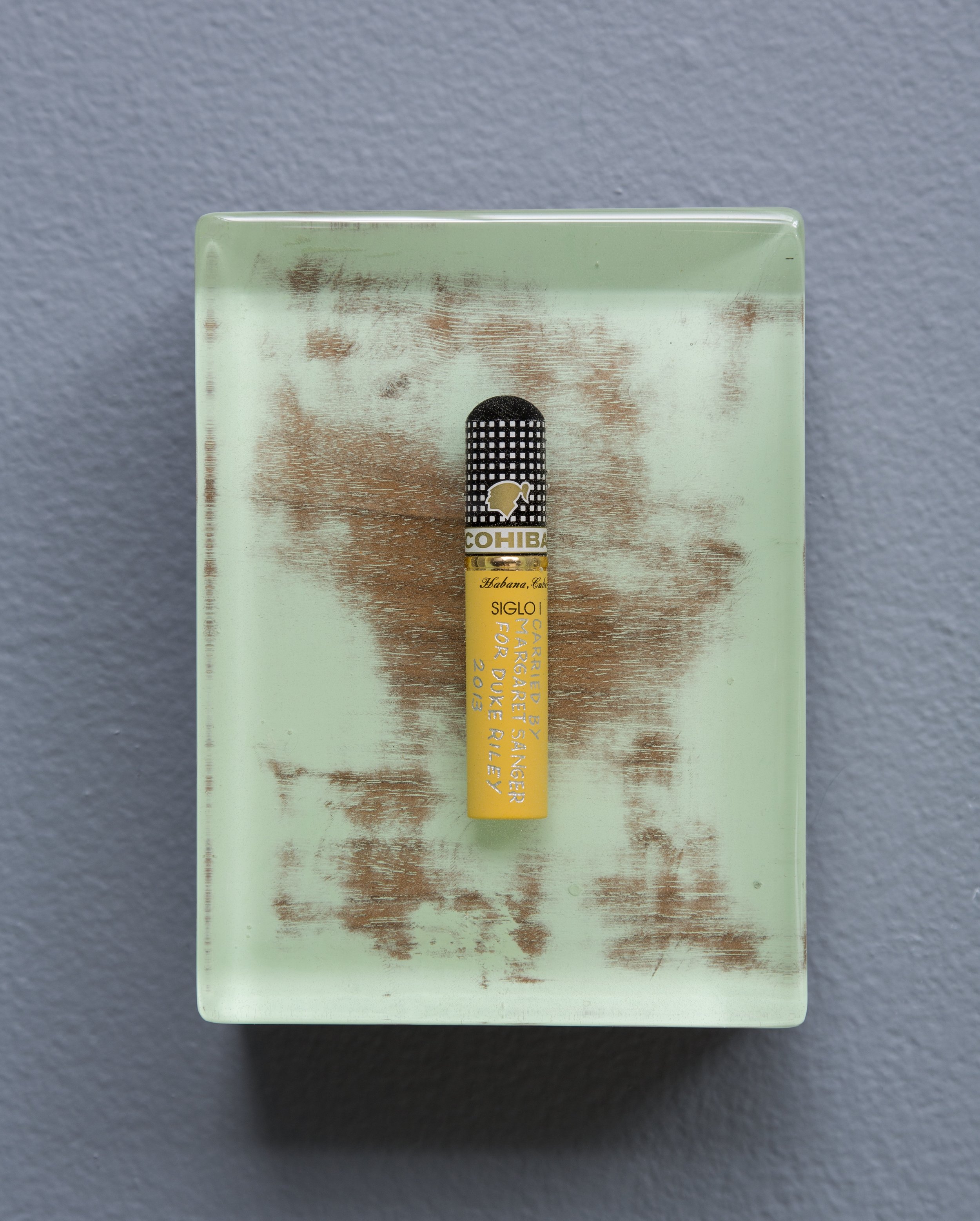
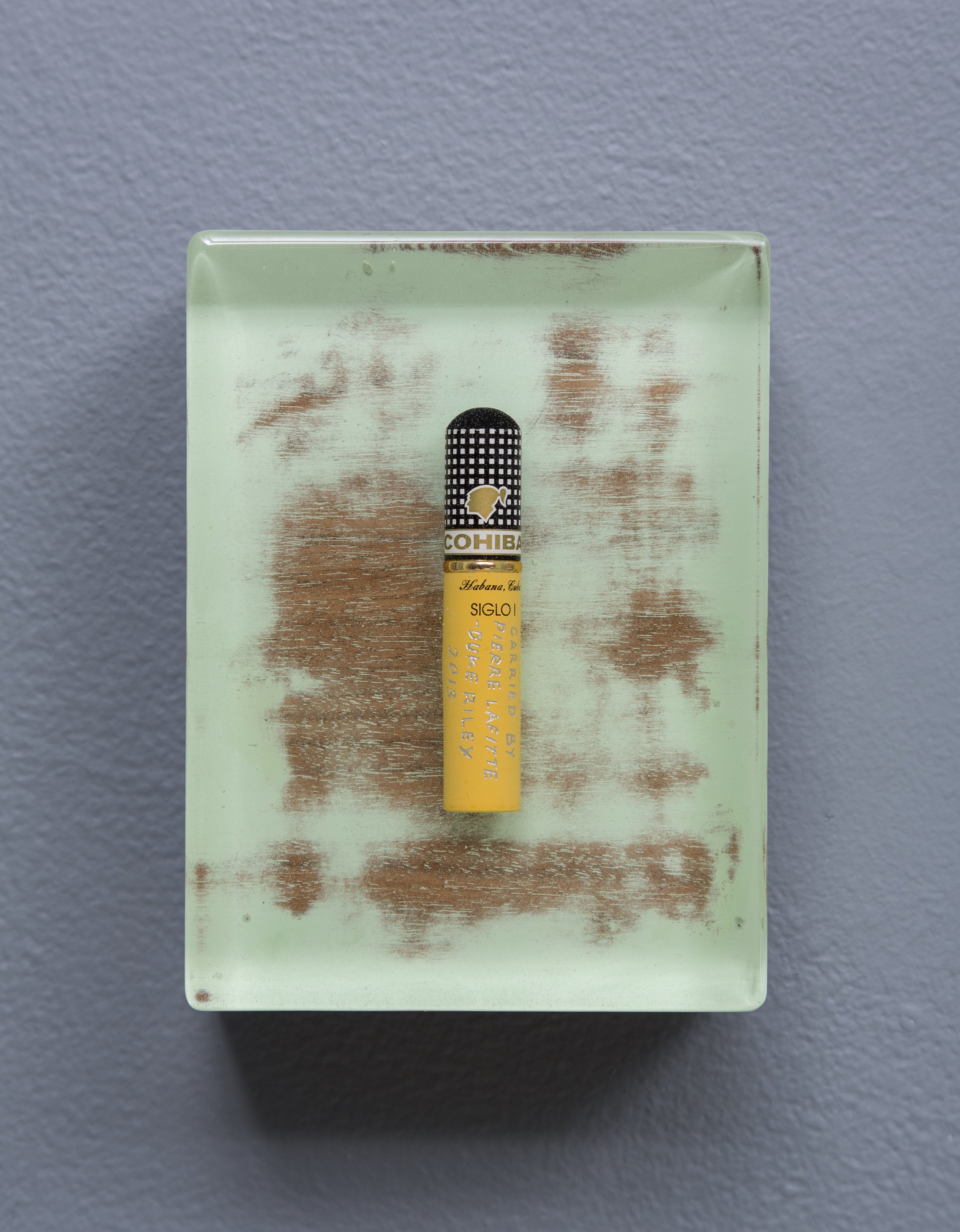
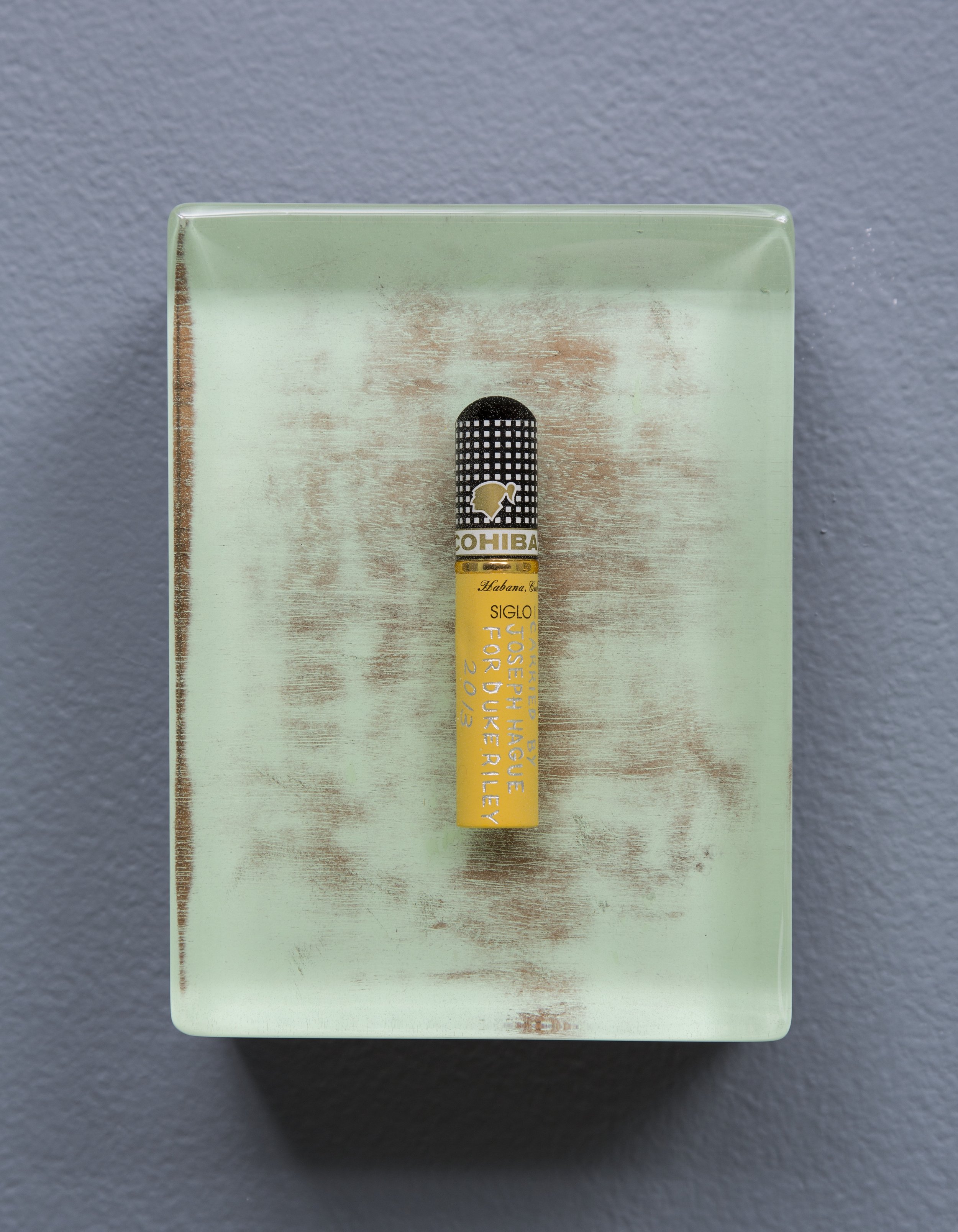

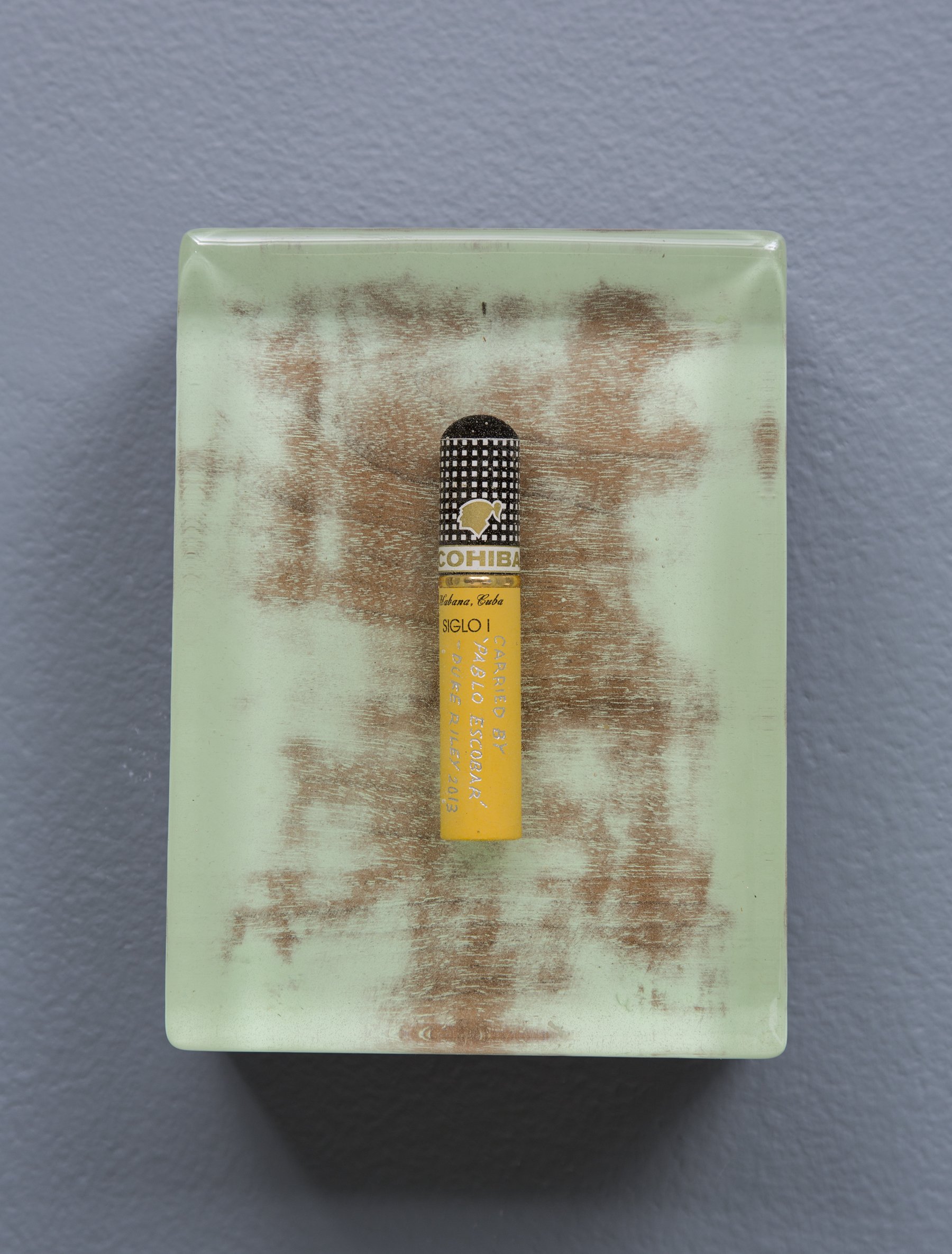
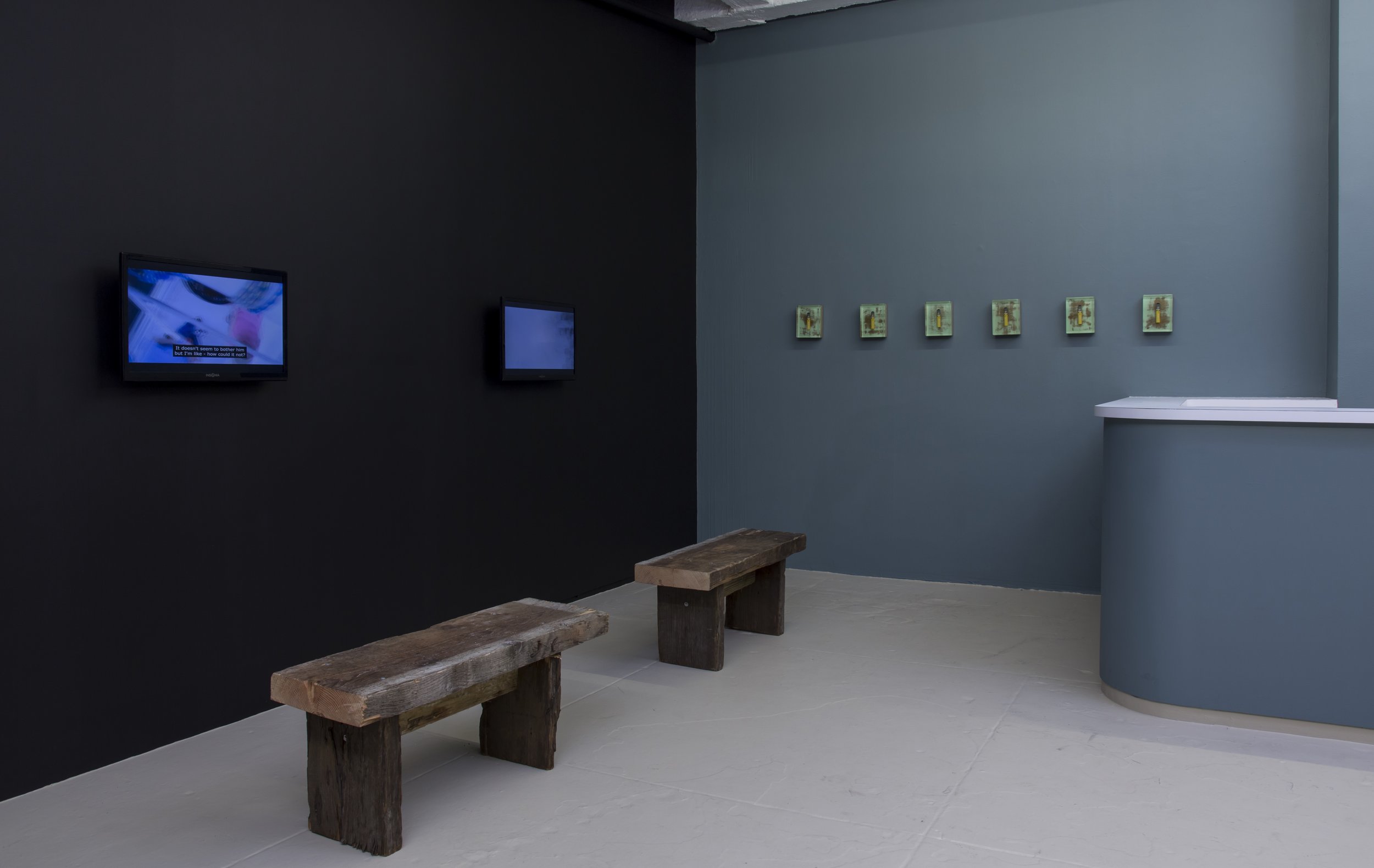
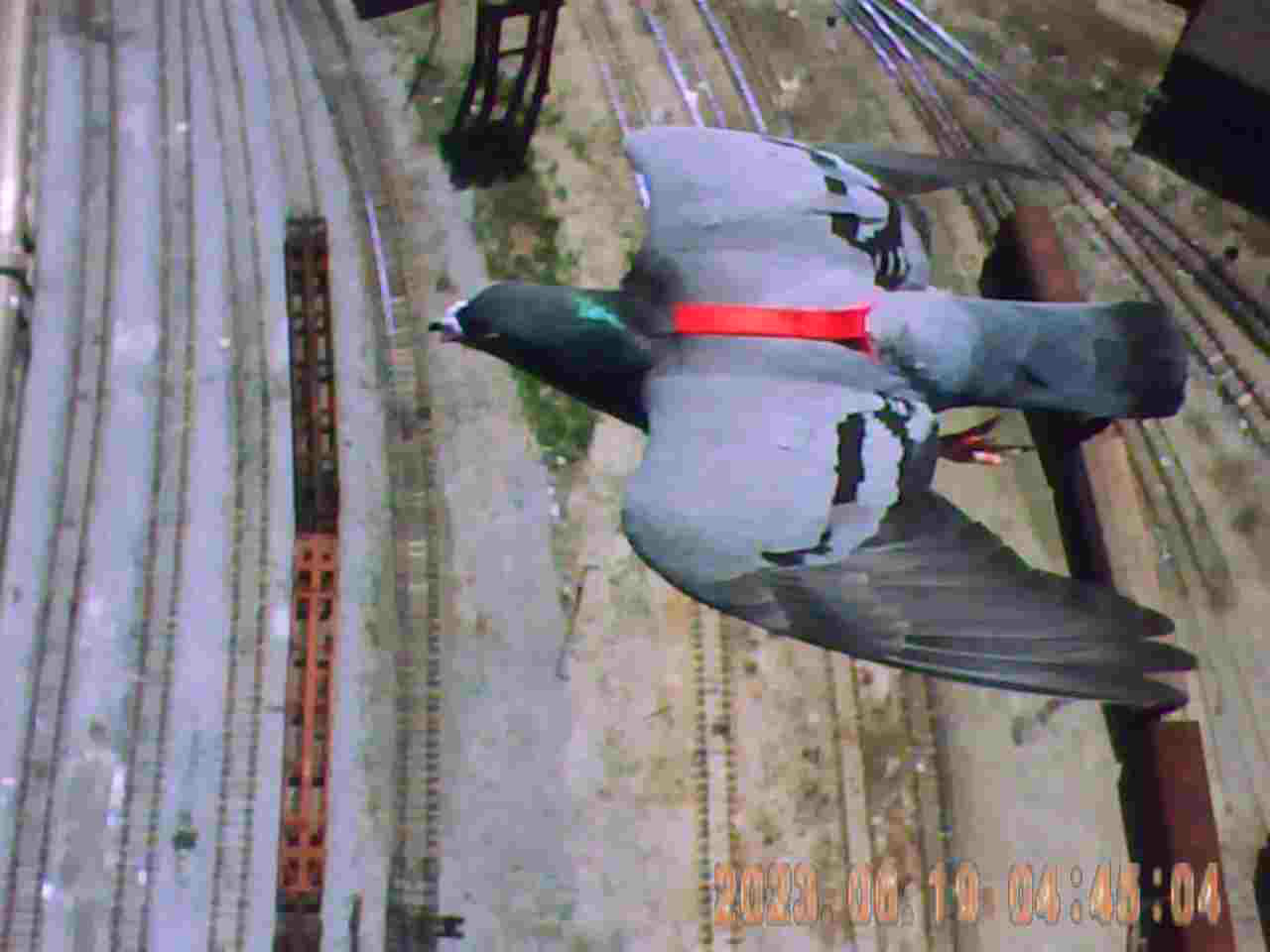
The Rematch
Sent to China by smArtpower, an initiative of the USA Bureau of Educational and Cultural Affairs in conjunction with the Bronx Museum, Riley had 45 days to complete a participatory piece that involved local arts organizations, communities and the dialogue and civic engagement amongst them. In his characteristic style, Riley put his own take on the legend of the Chinese zodiac. Riley explains, “It is well known that the rat, the winner of the race, cheated. Nevertheless, this oversight established an order that has remained a celebrated tradition for centuries… In the interest of fairness, I propose a rematch!”
Working with the local community along the canals of Zhujiajiao, Riley restaged the race with traditional gondolas complete with live animals, hand-made masks for each animal and opera singers performing songs from the “first animal” perspective, making a musical case for why that animal should have won the original race. Riley states “No calendars will be reset at the finish line nor will any closer understanding of that mythical day be realized. The only realization will be a brief moment of divine absurdity between two shores.”
